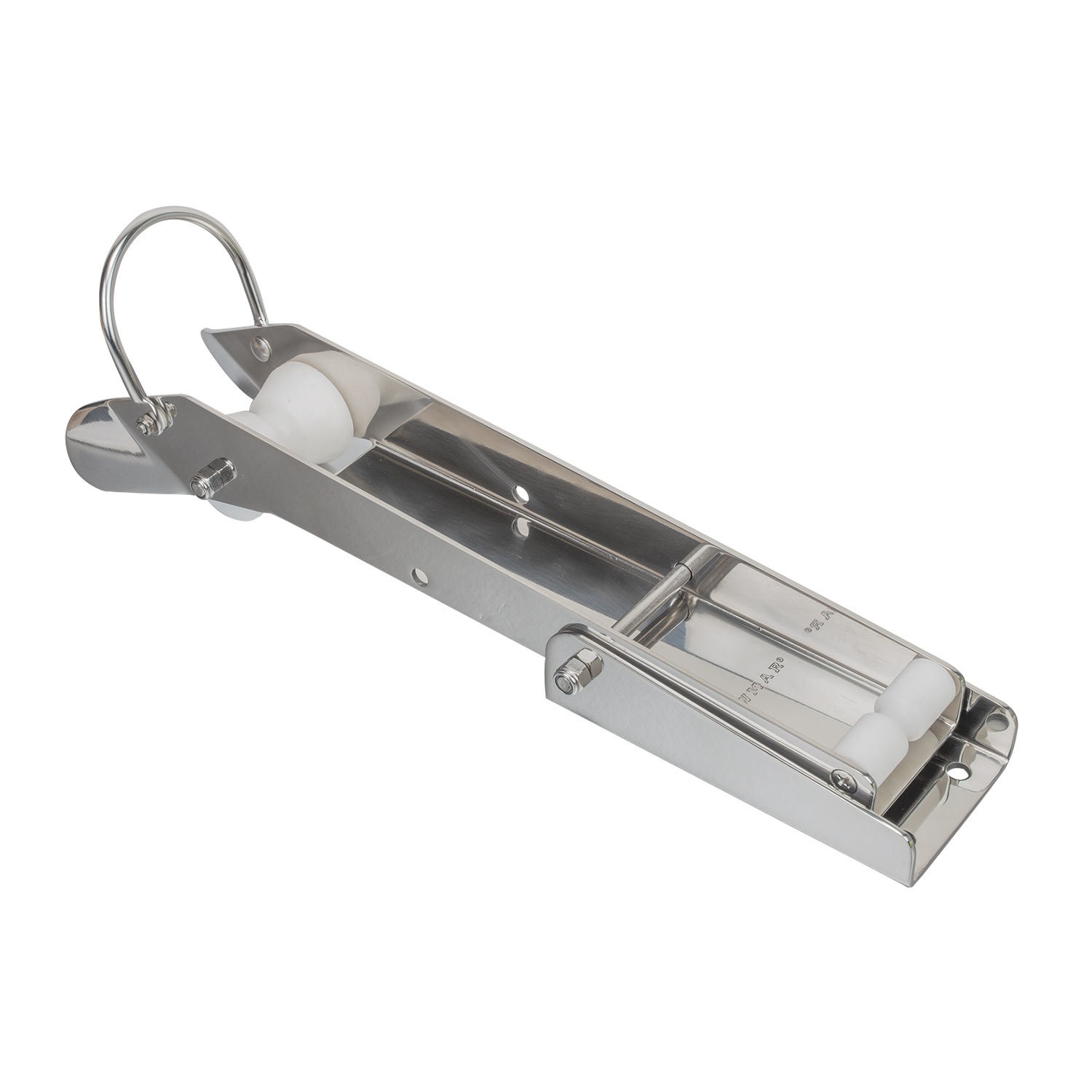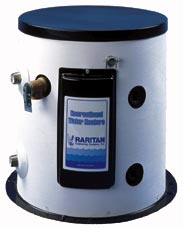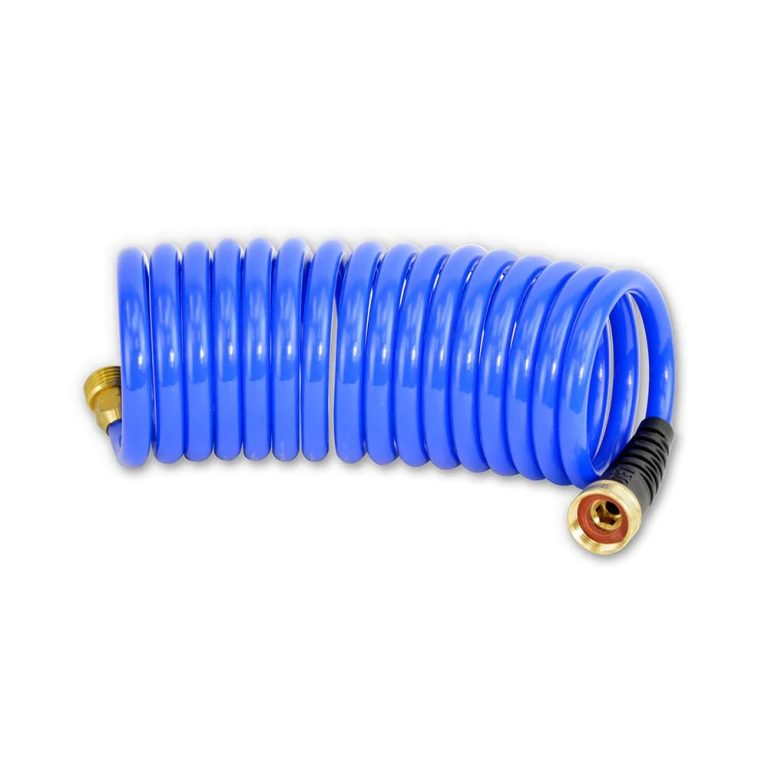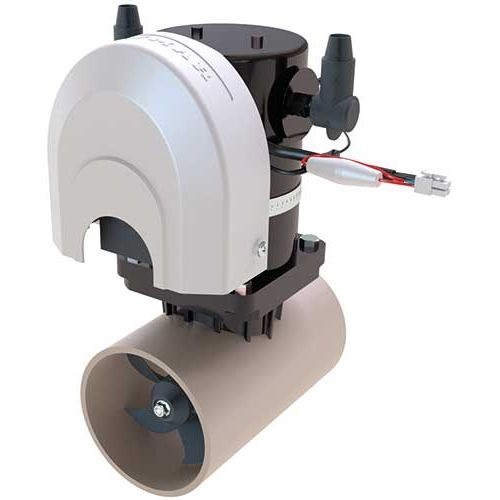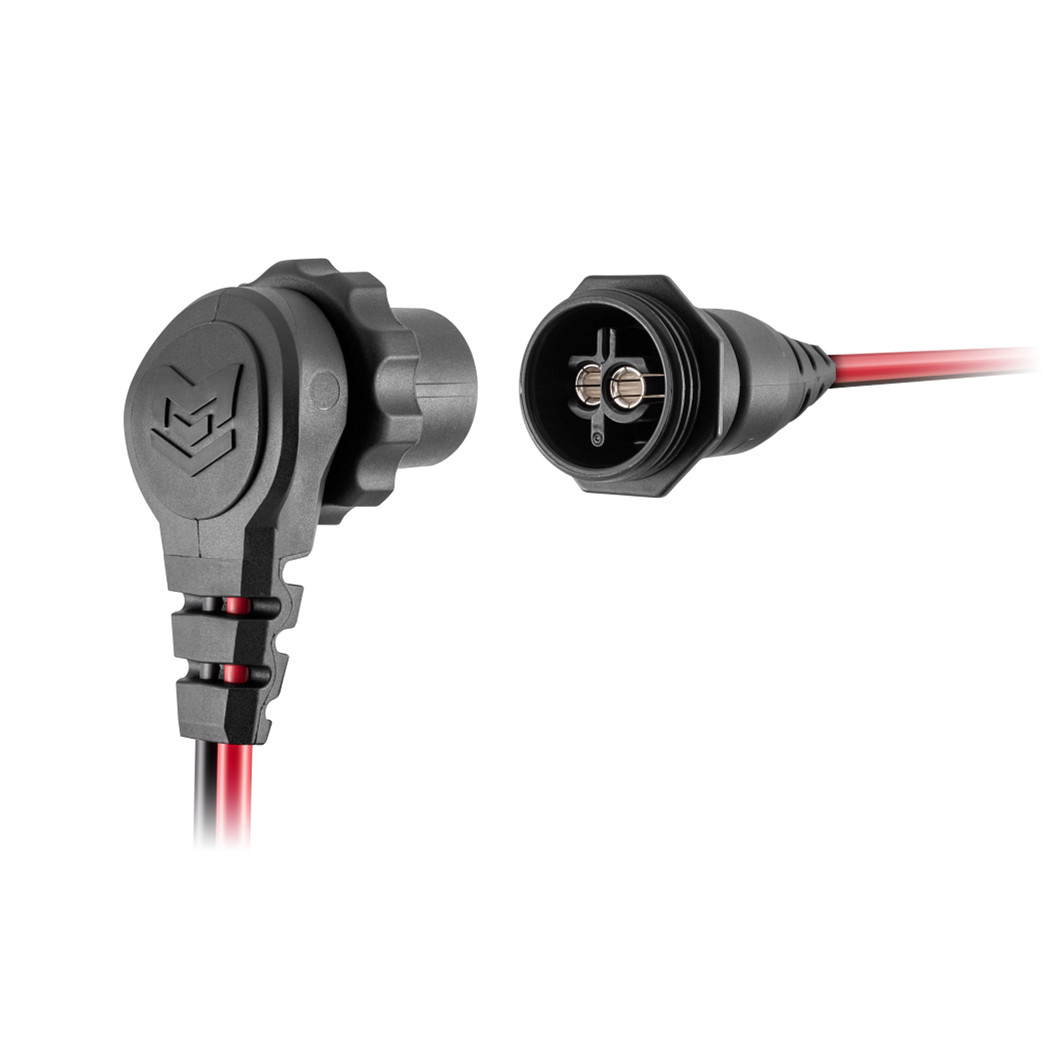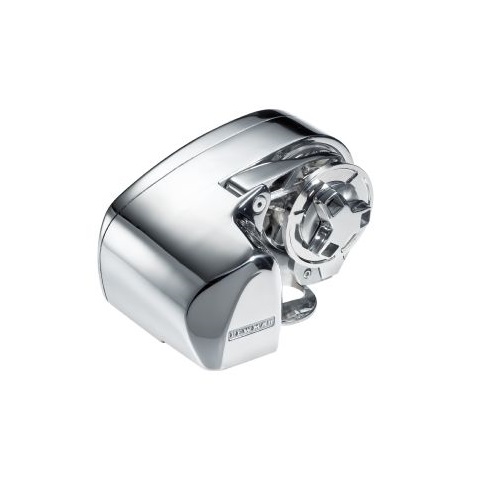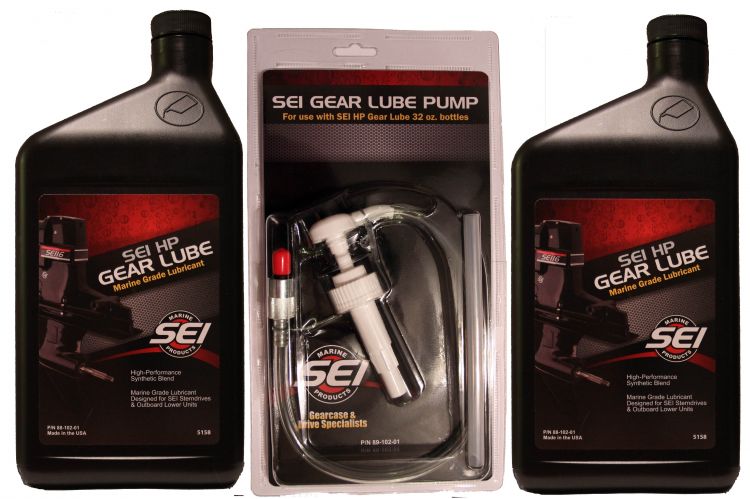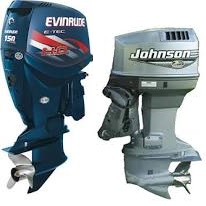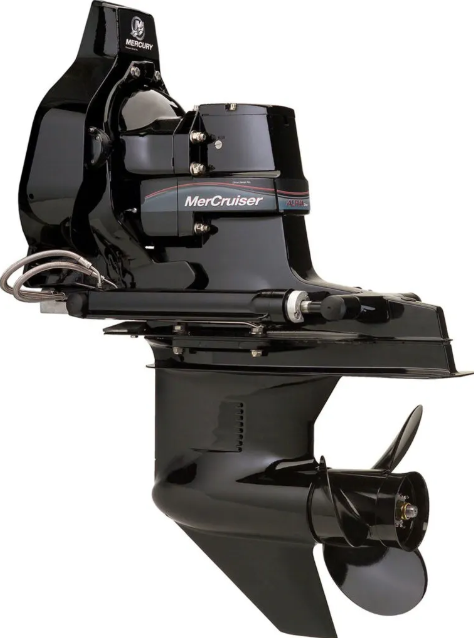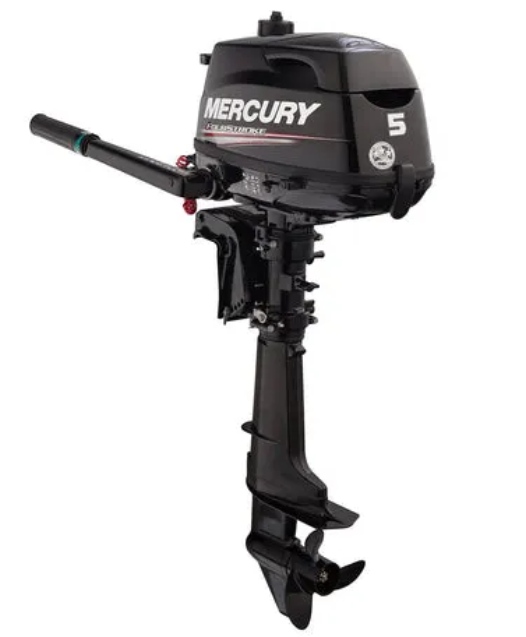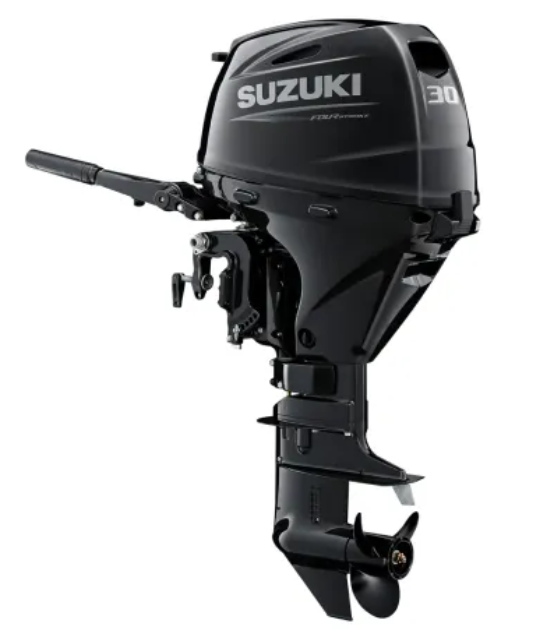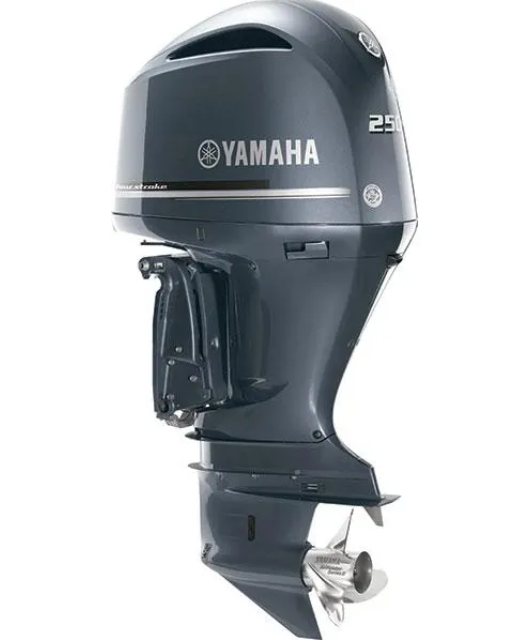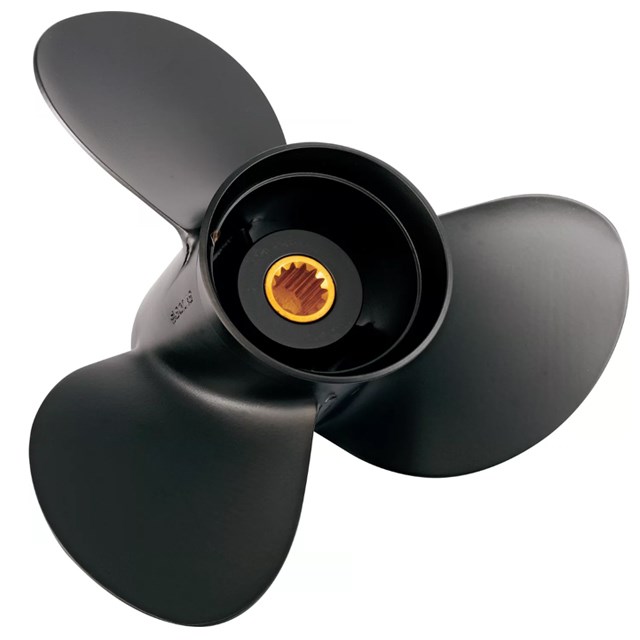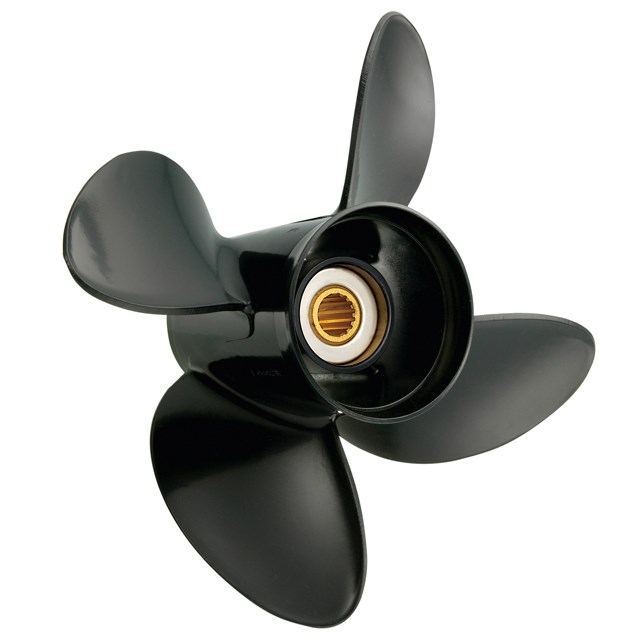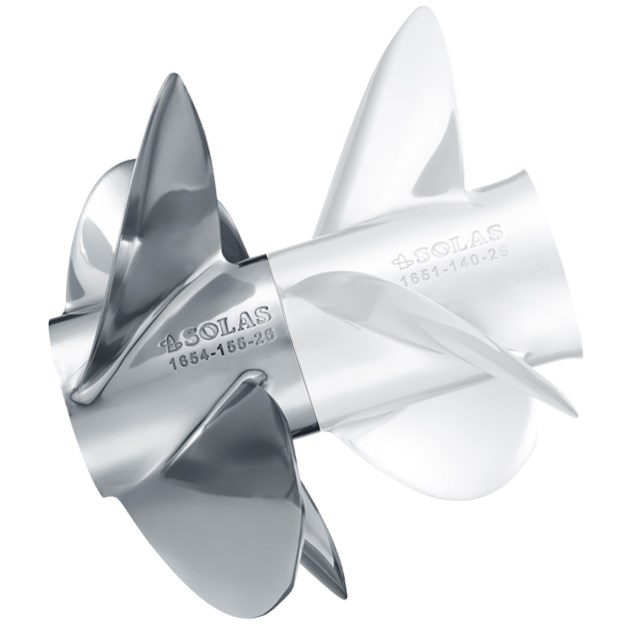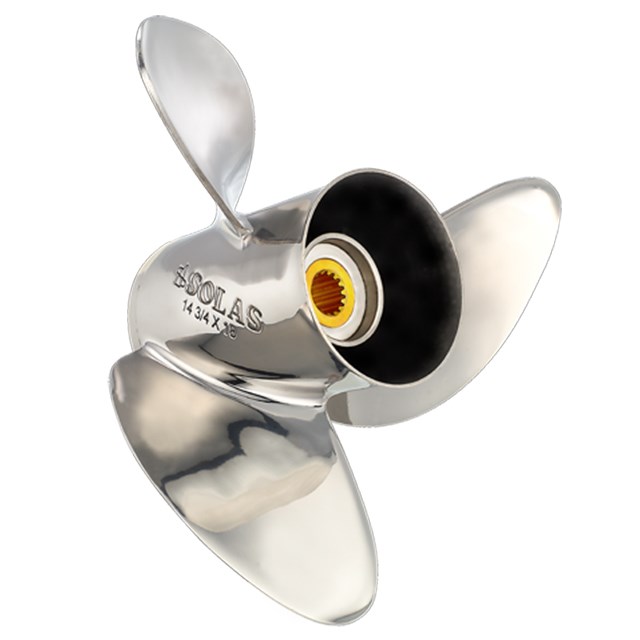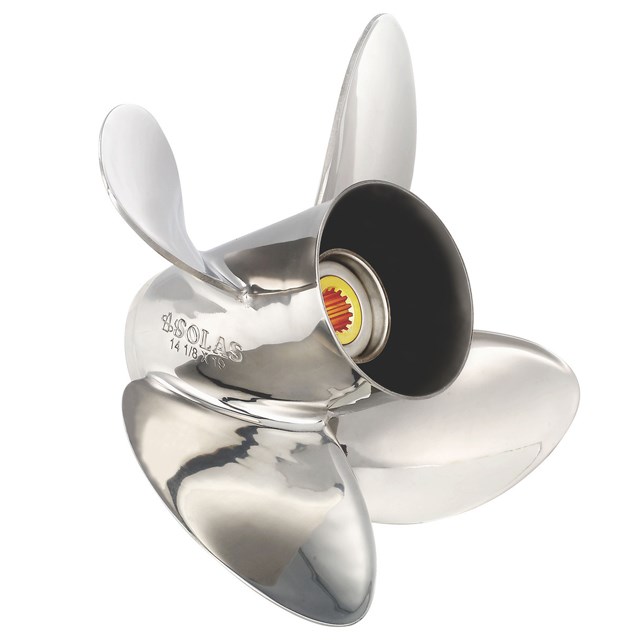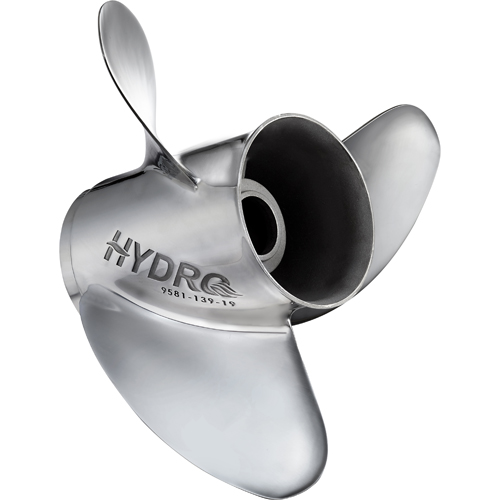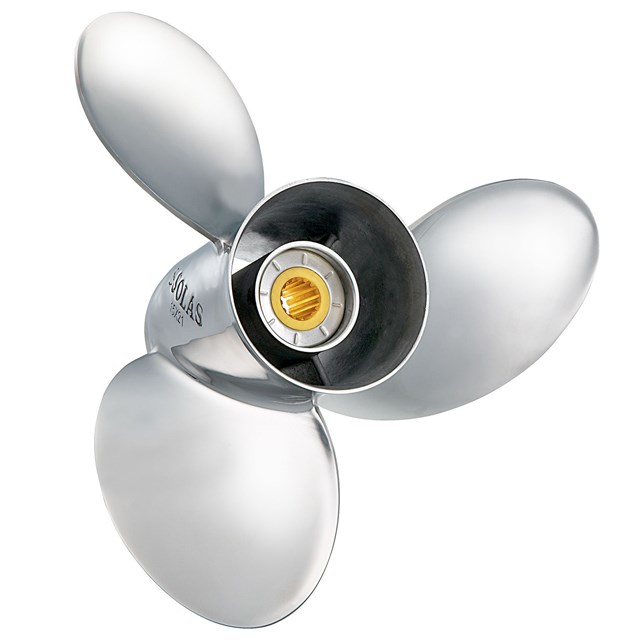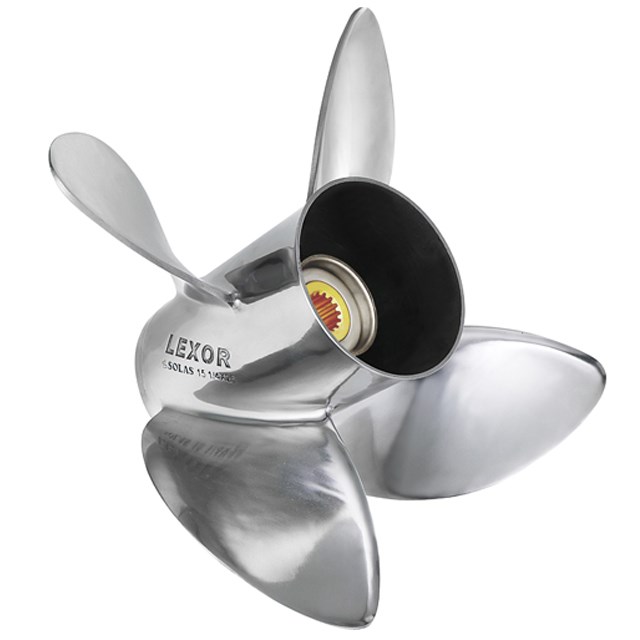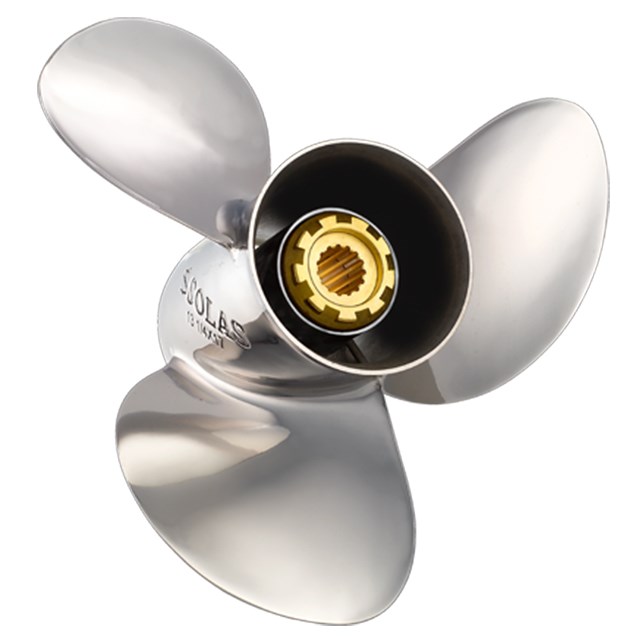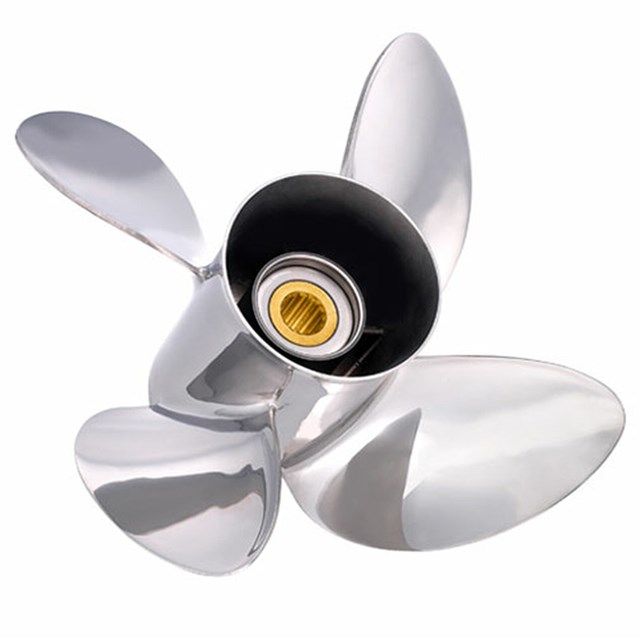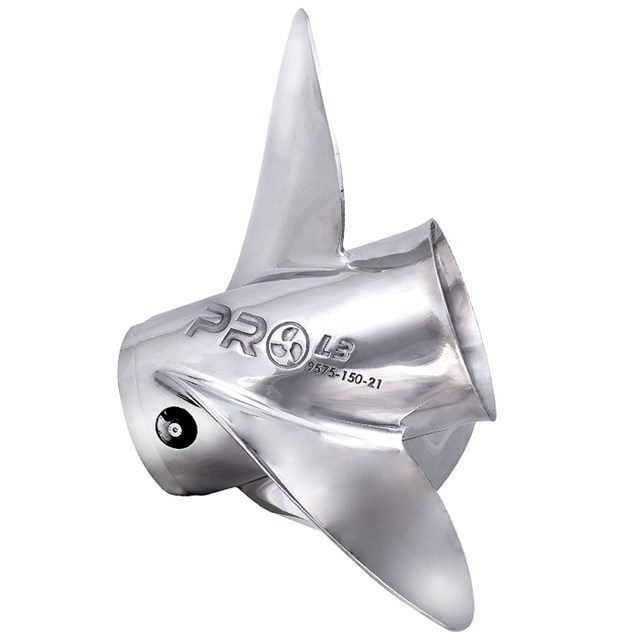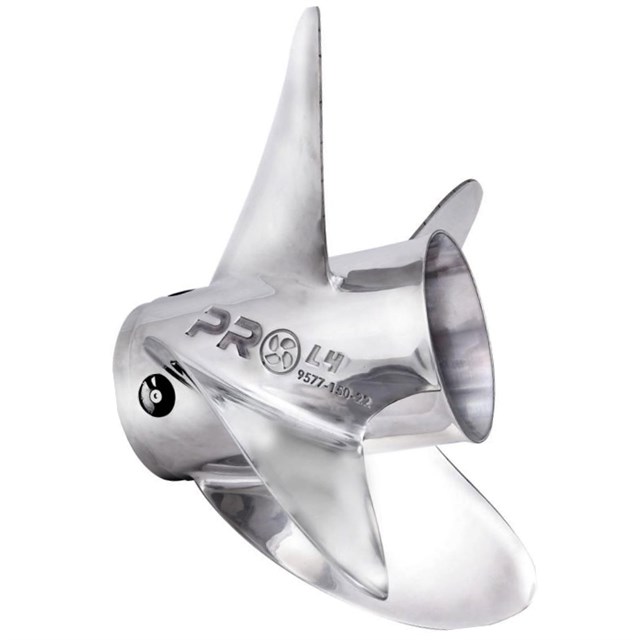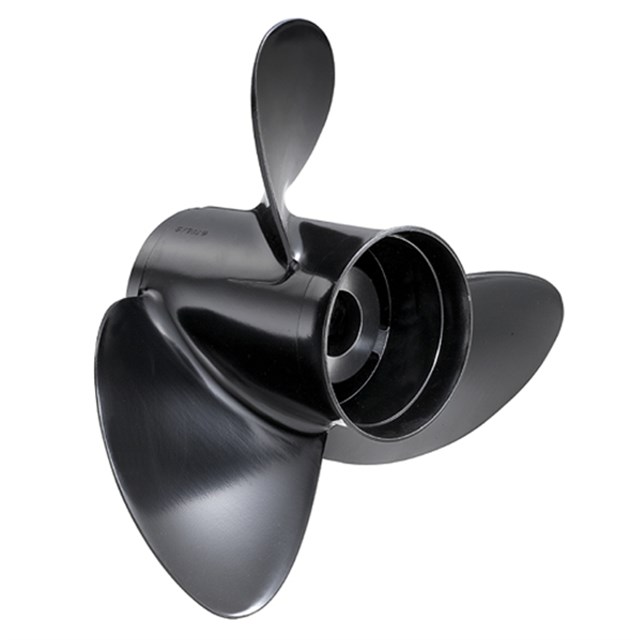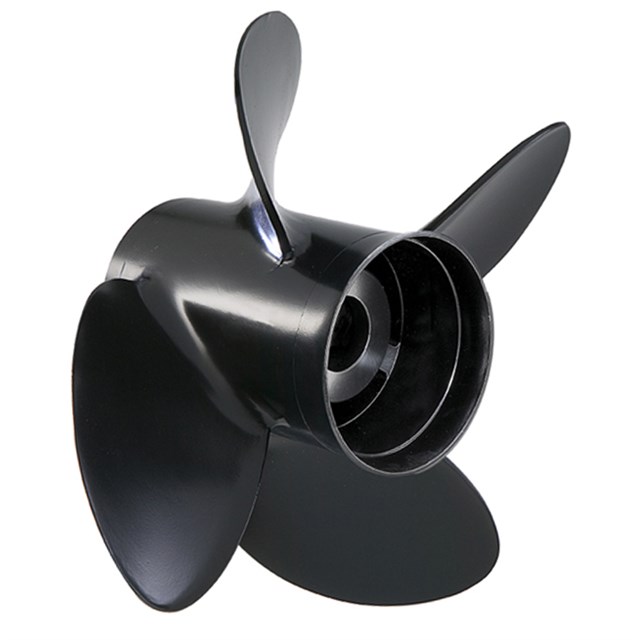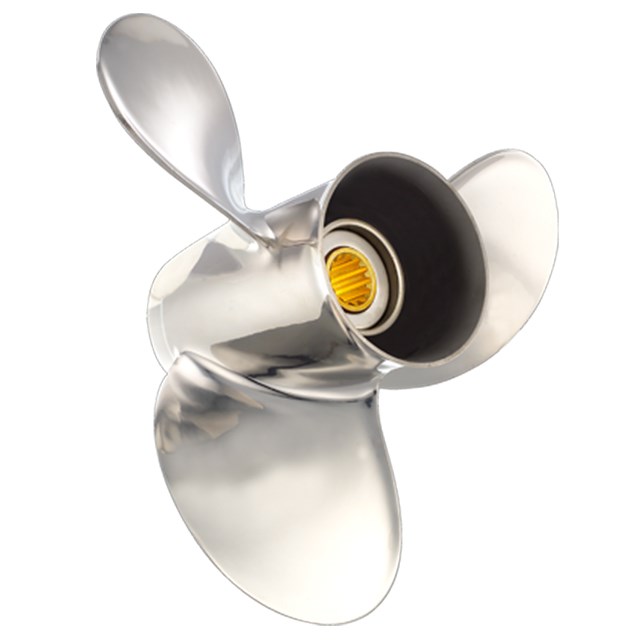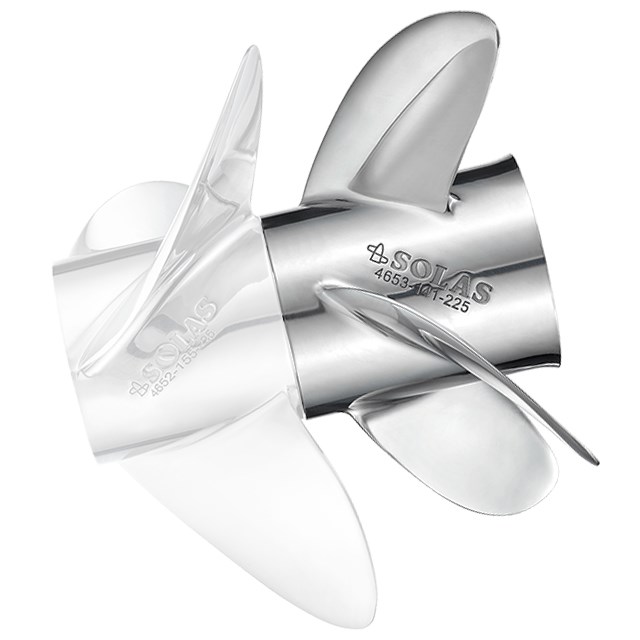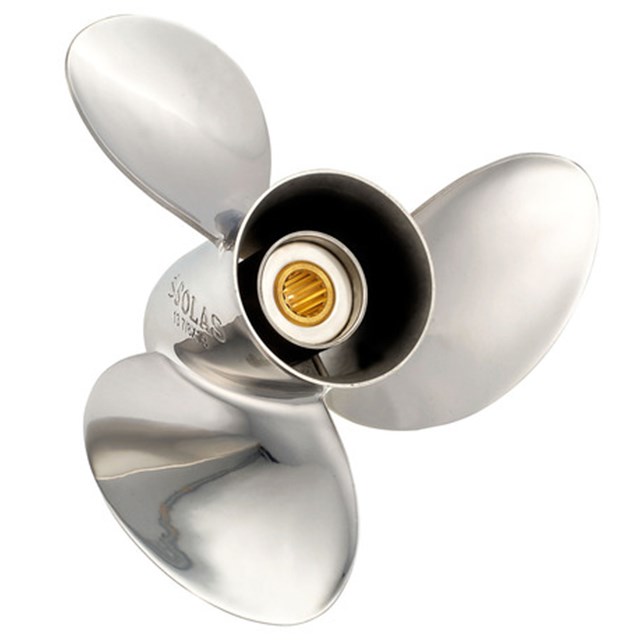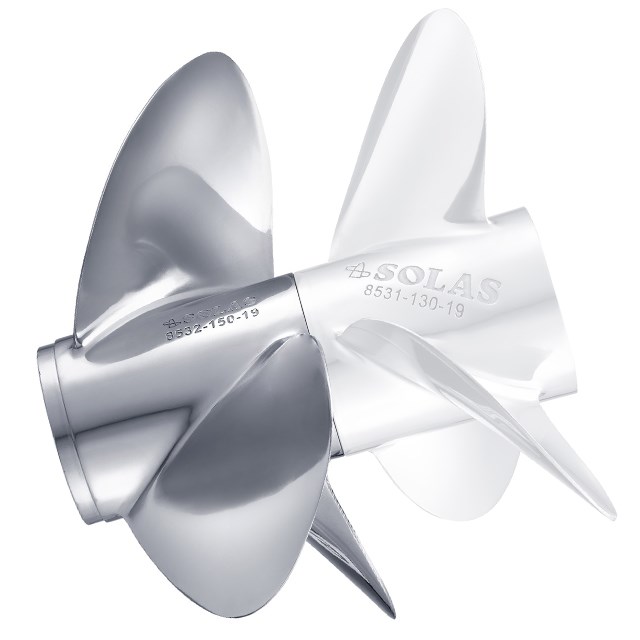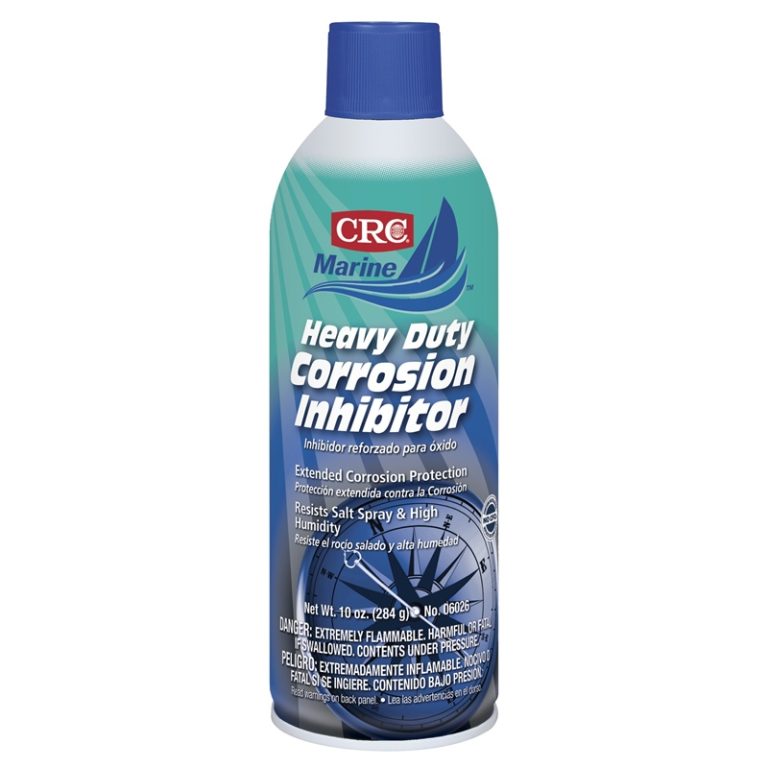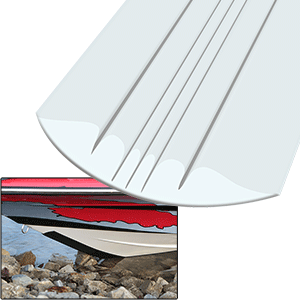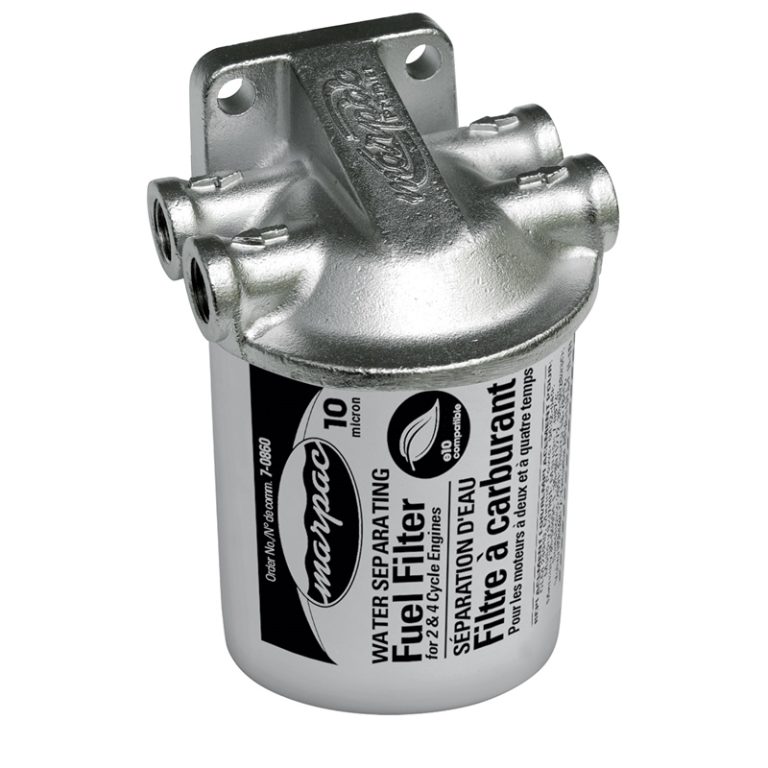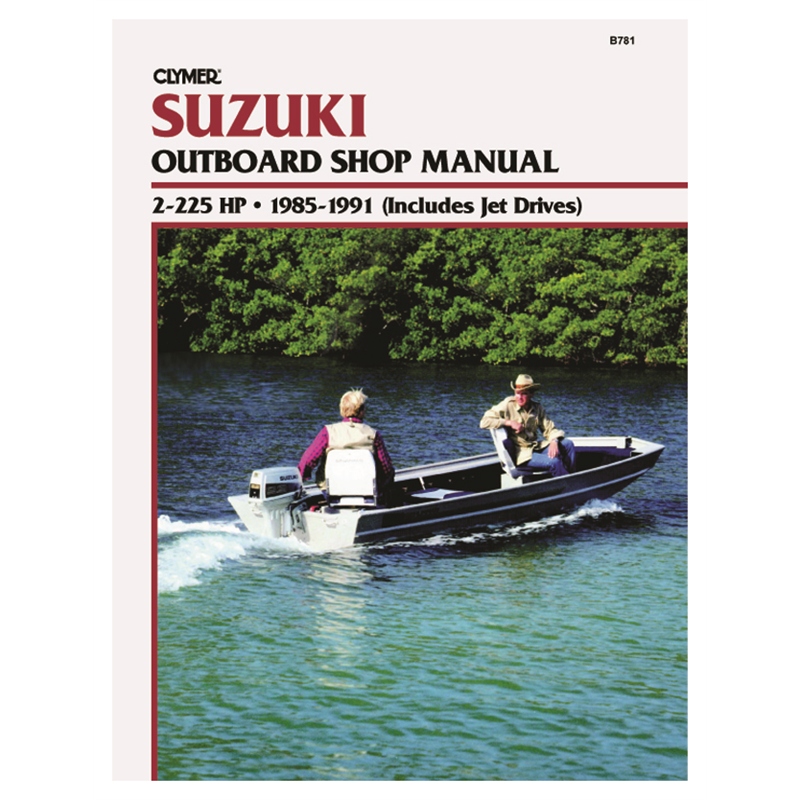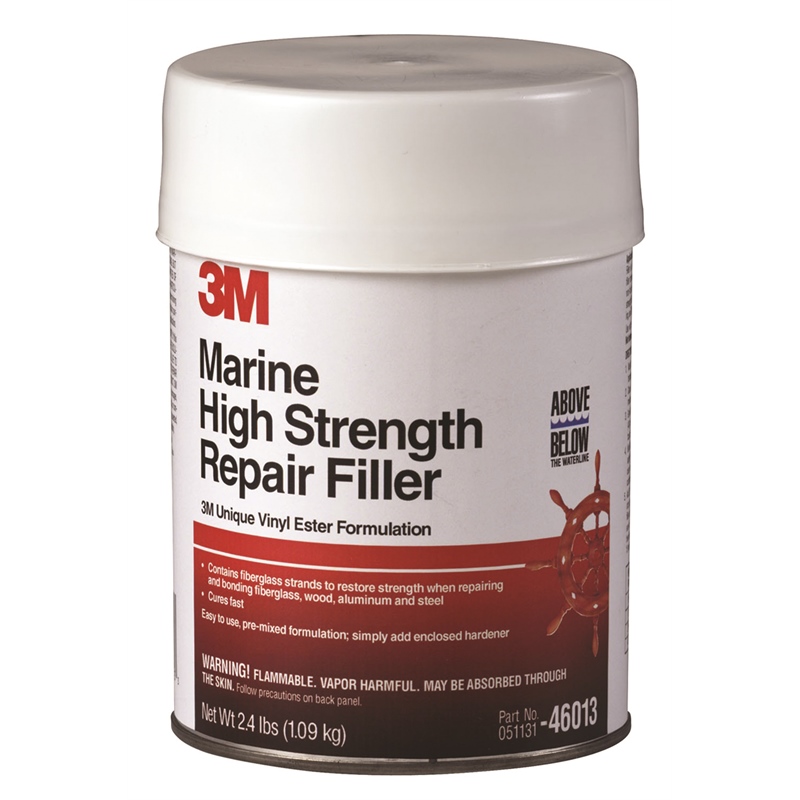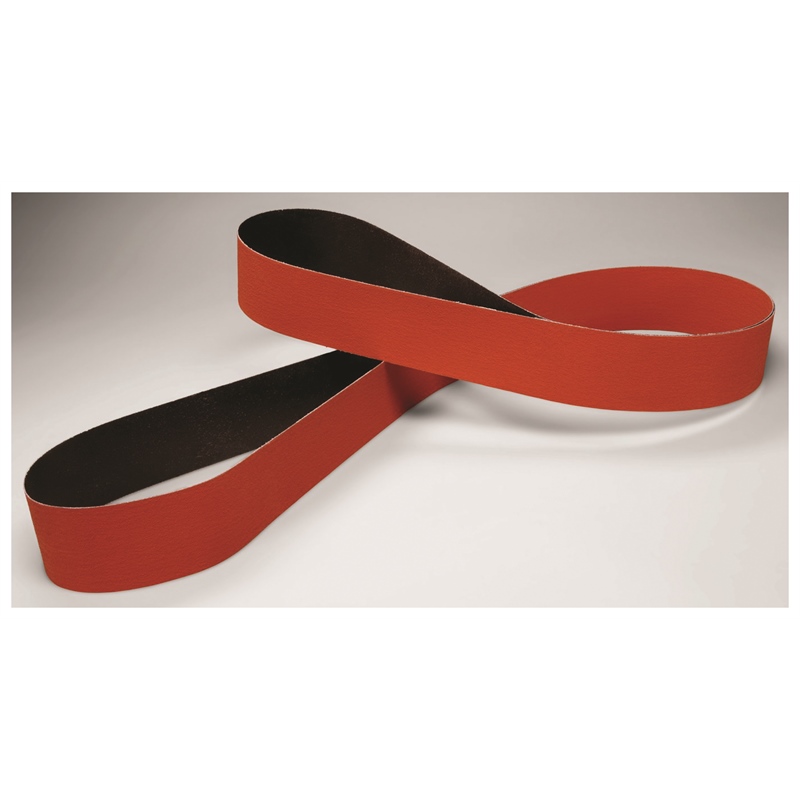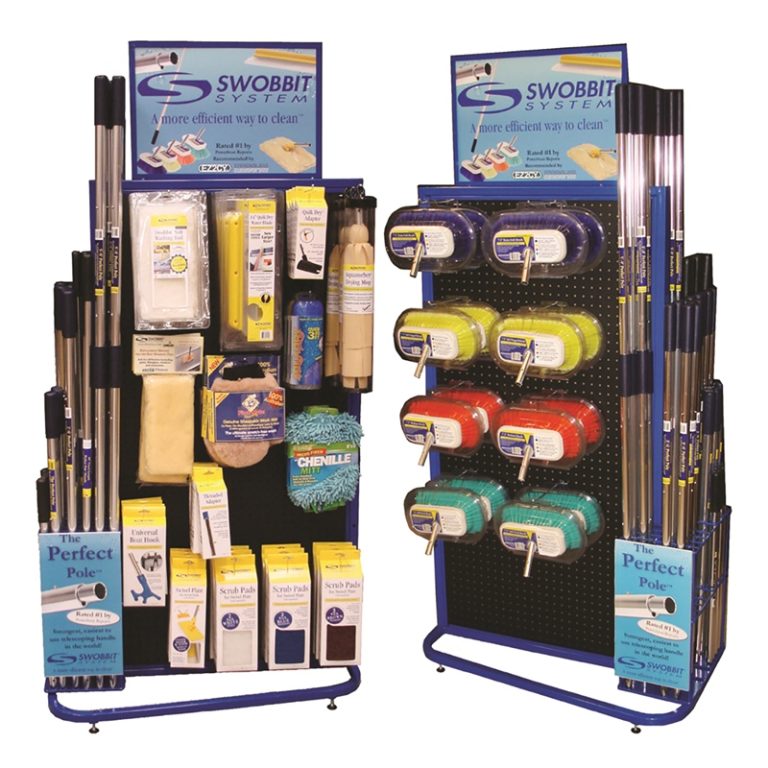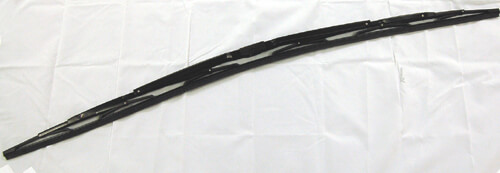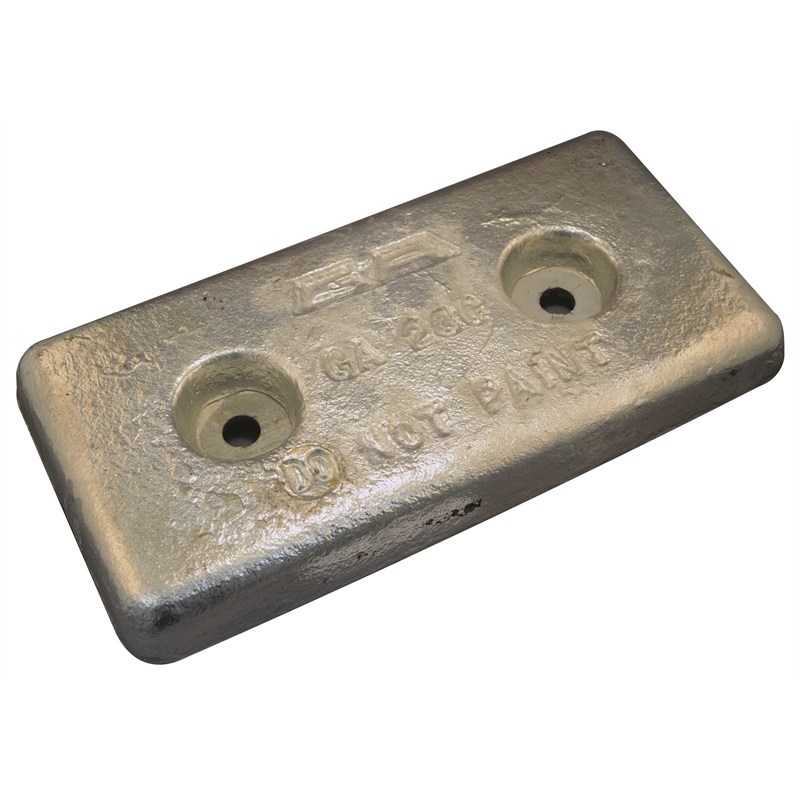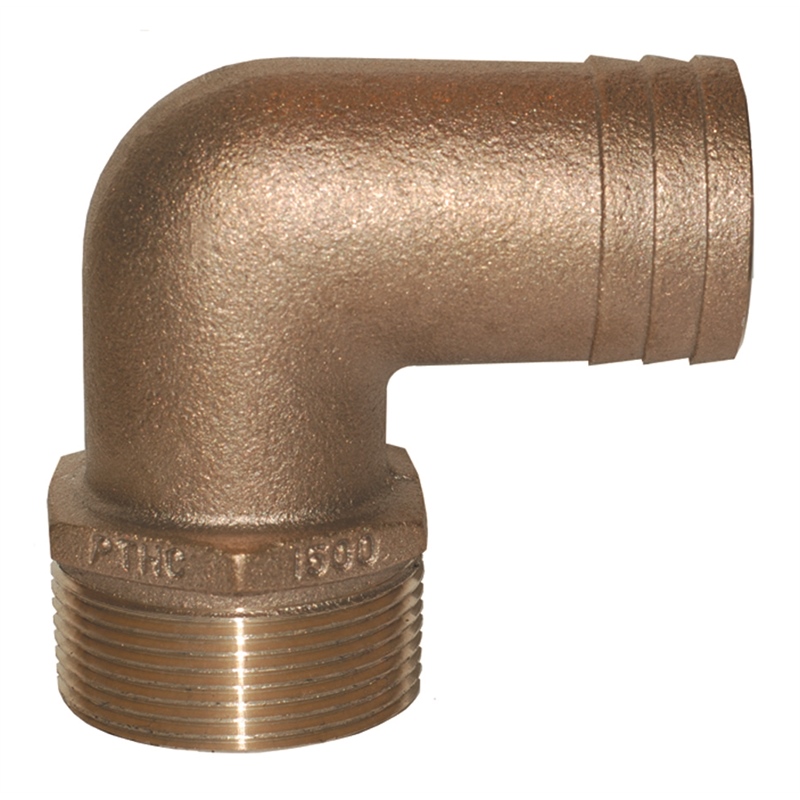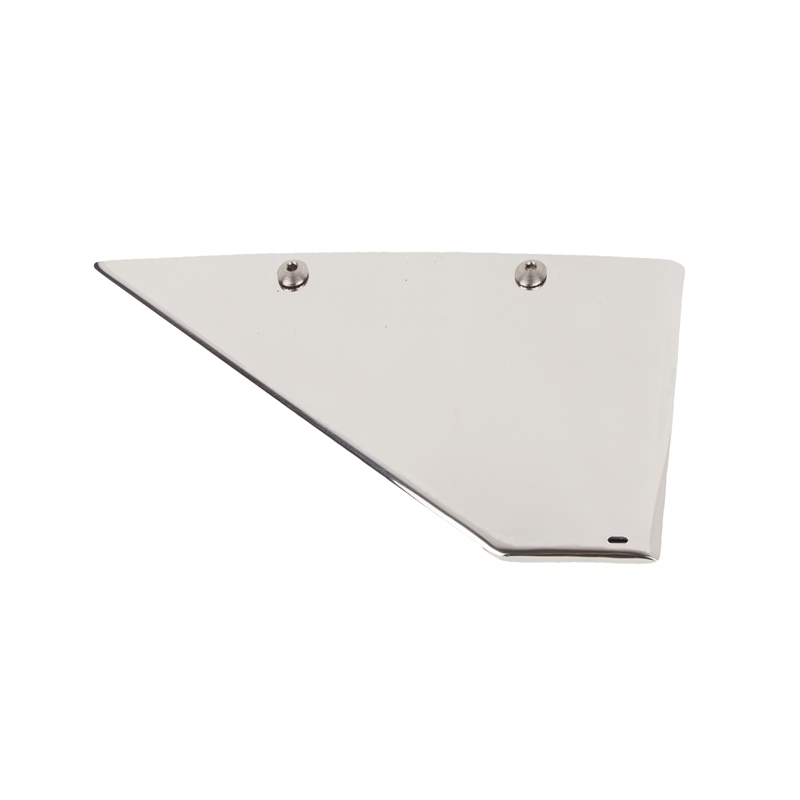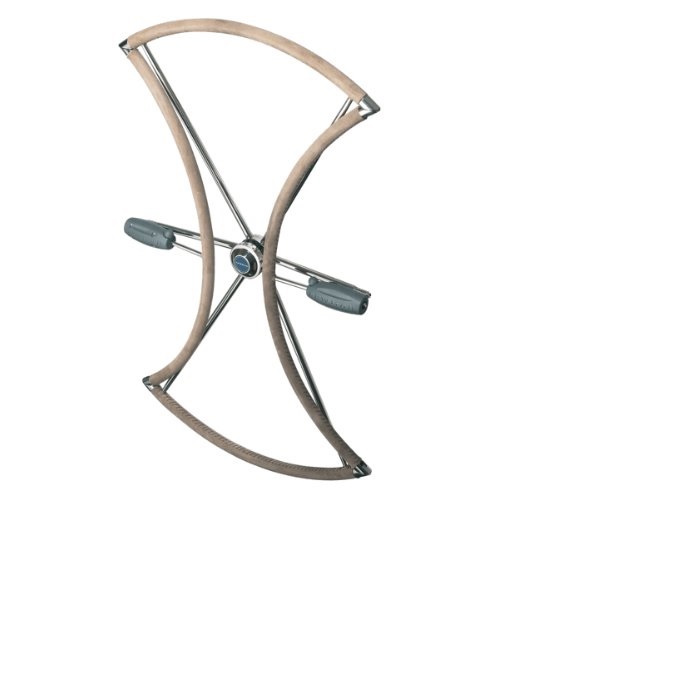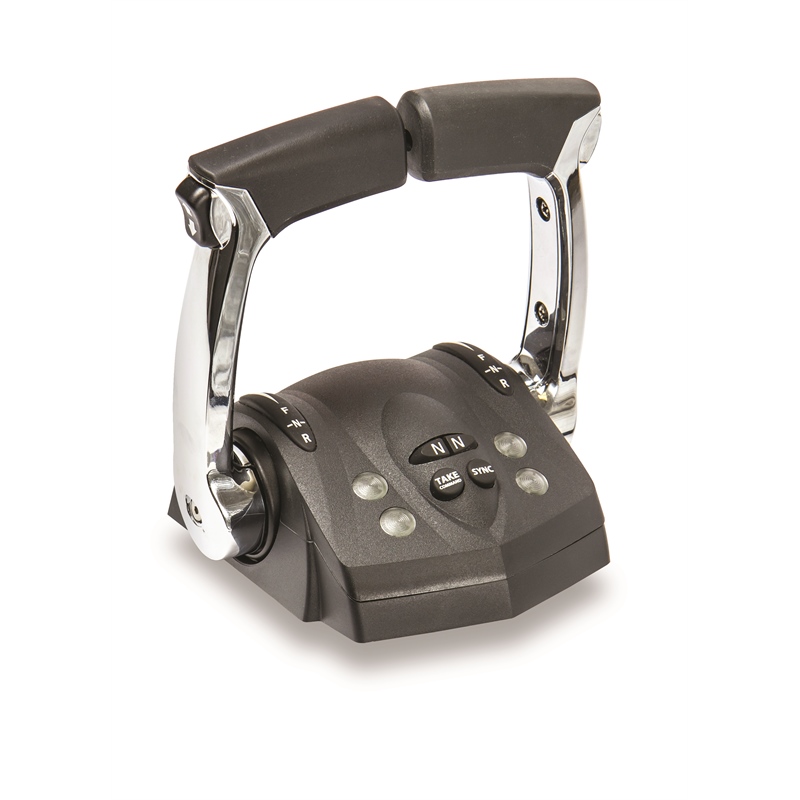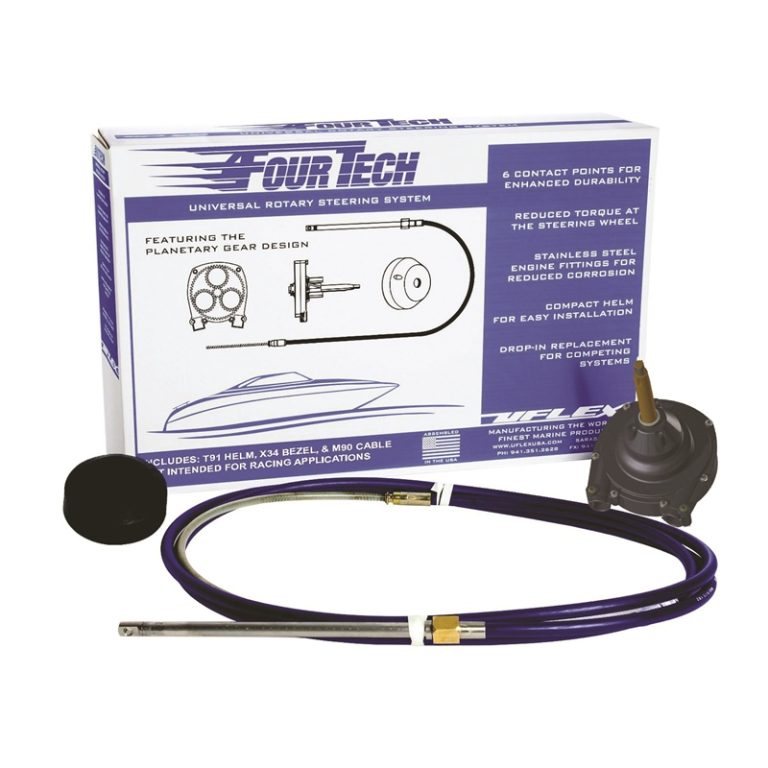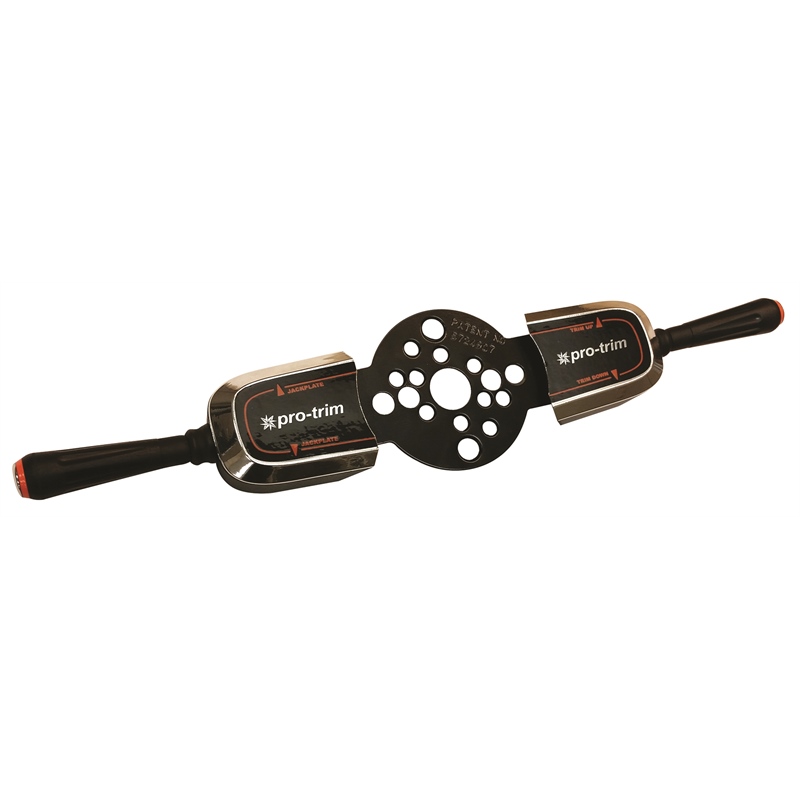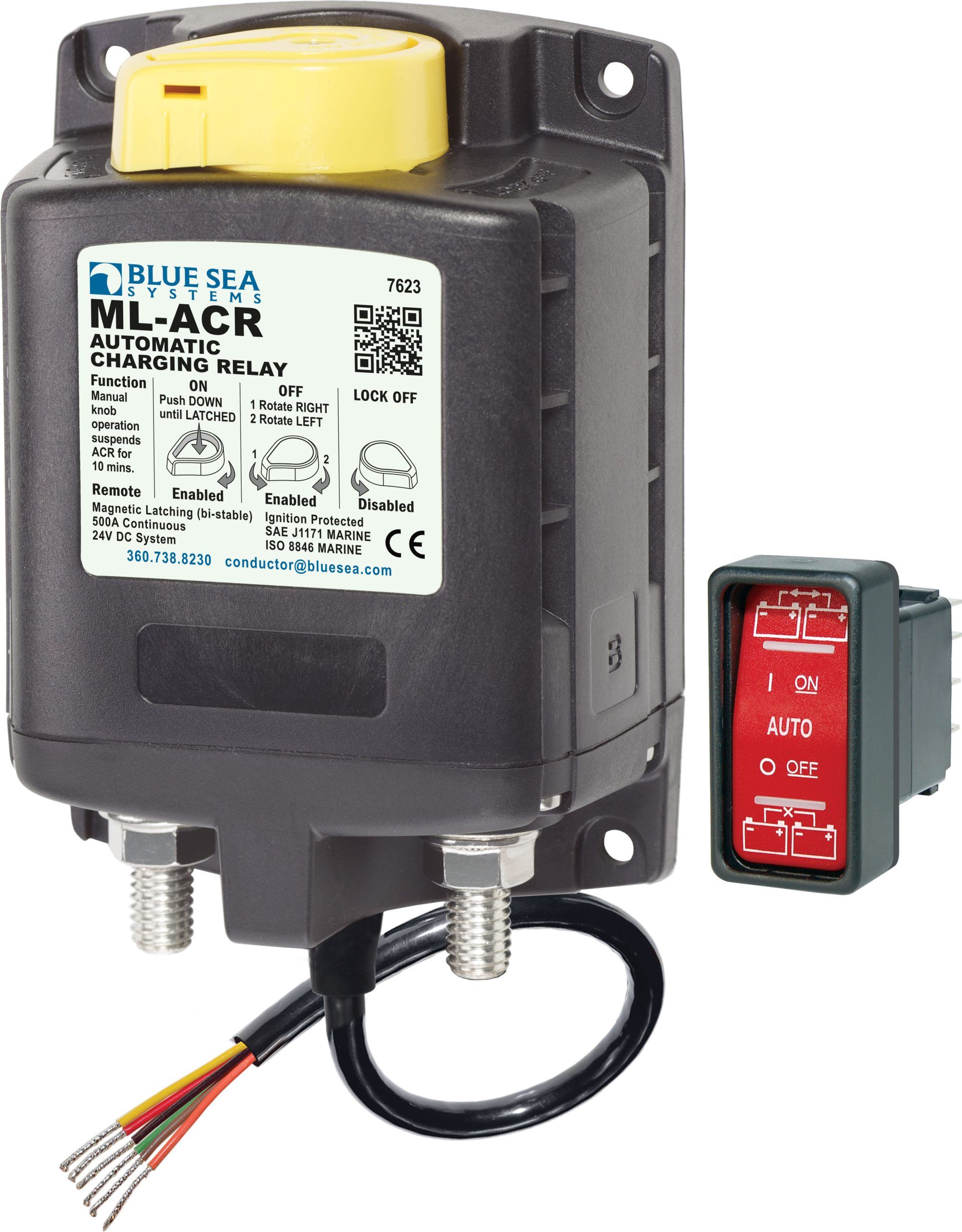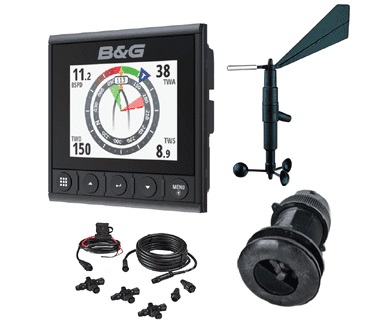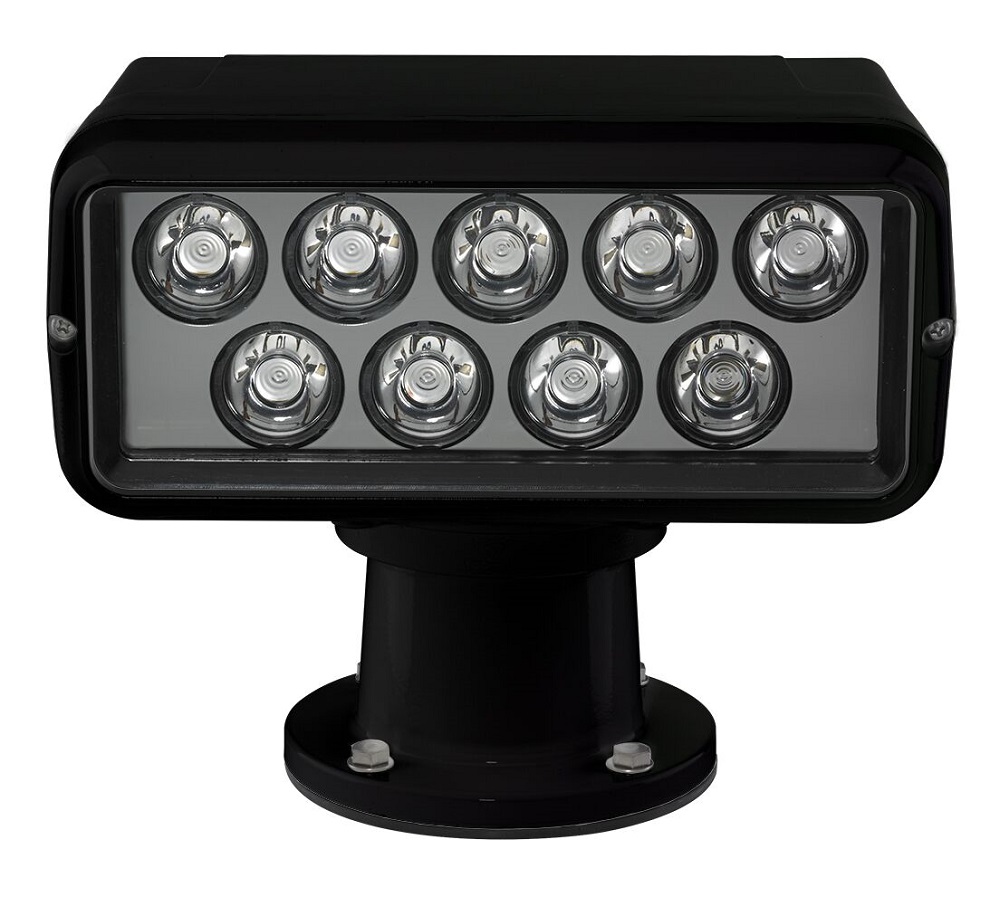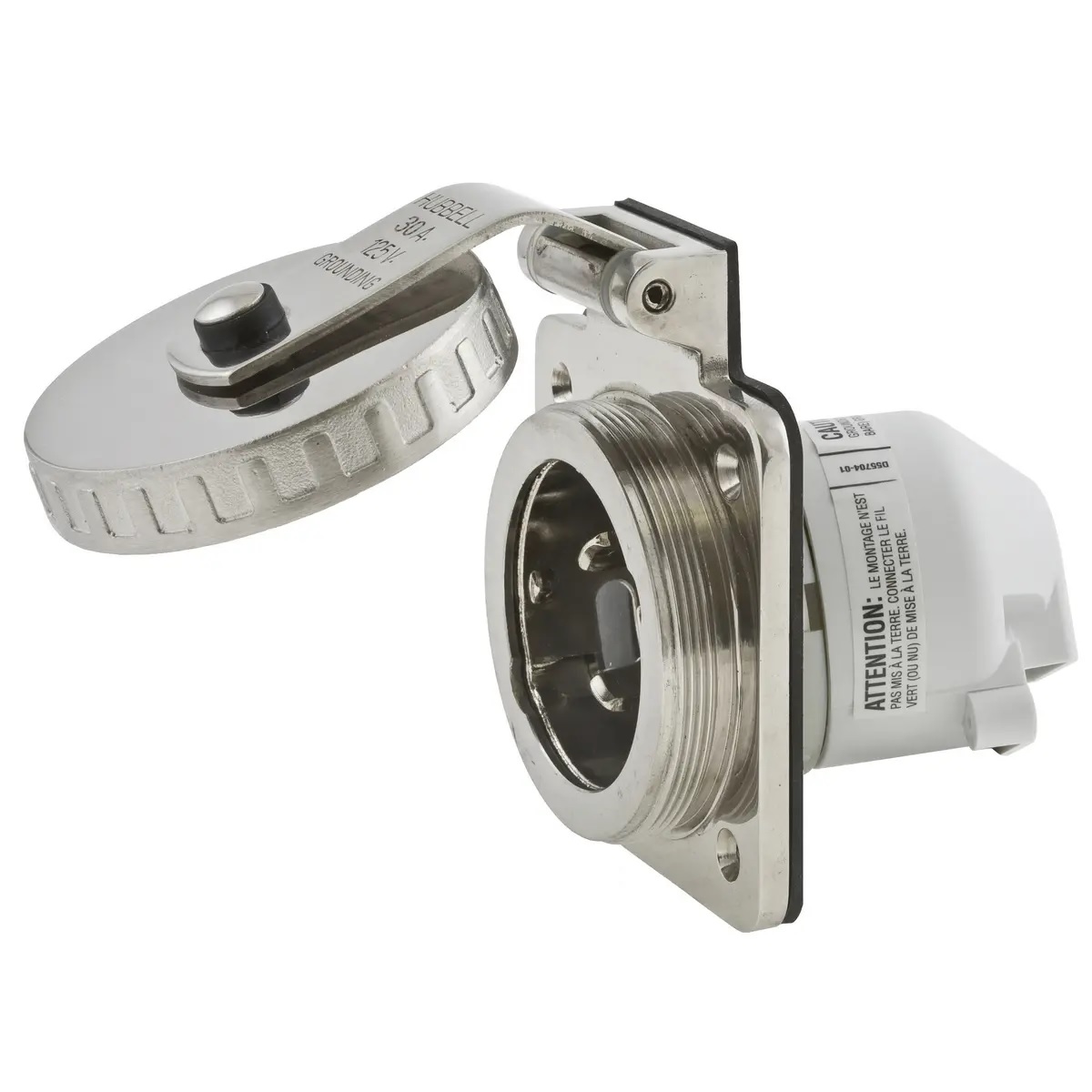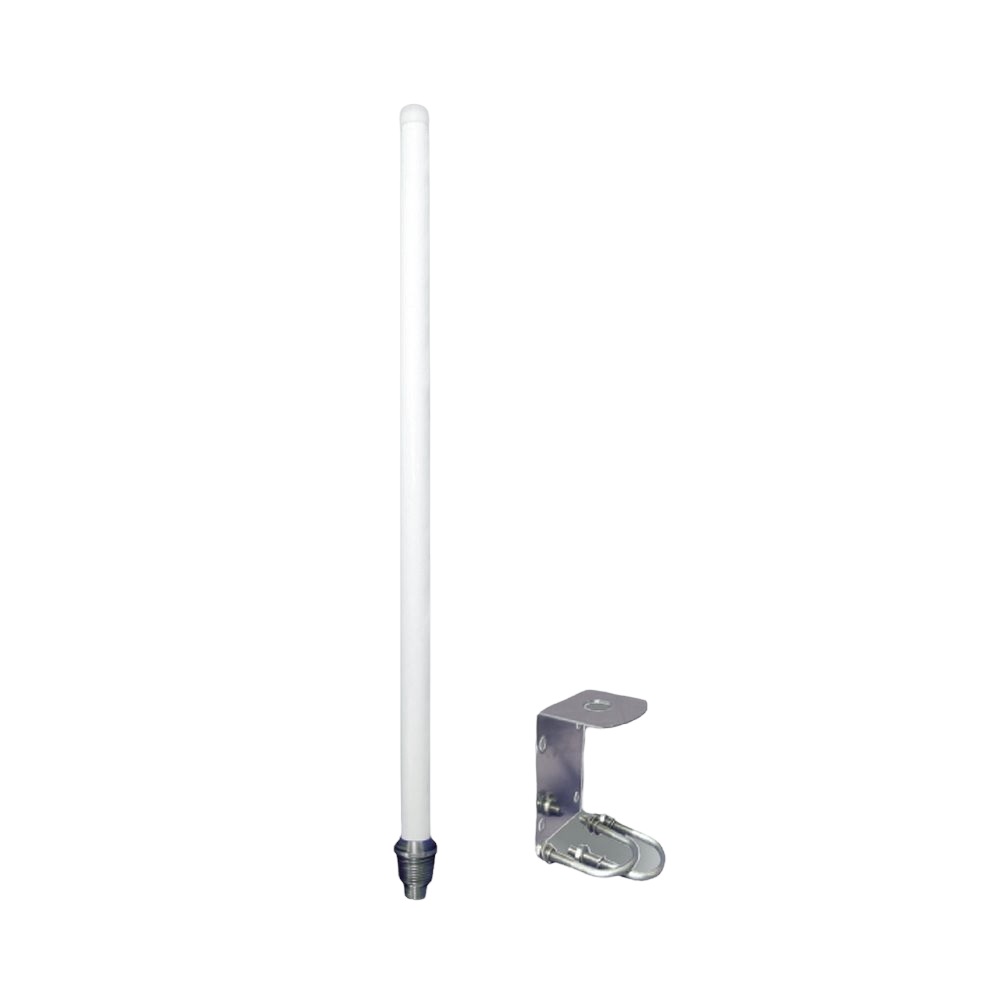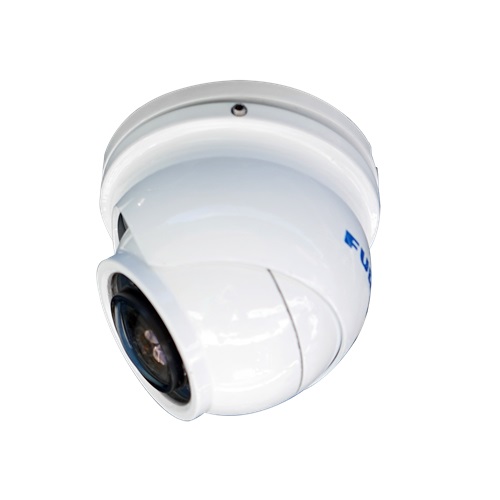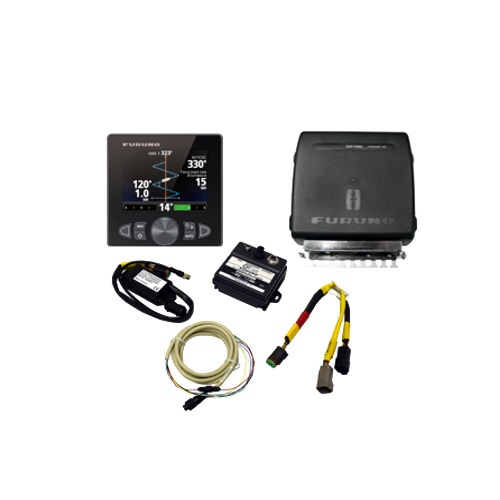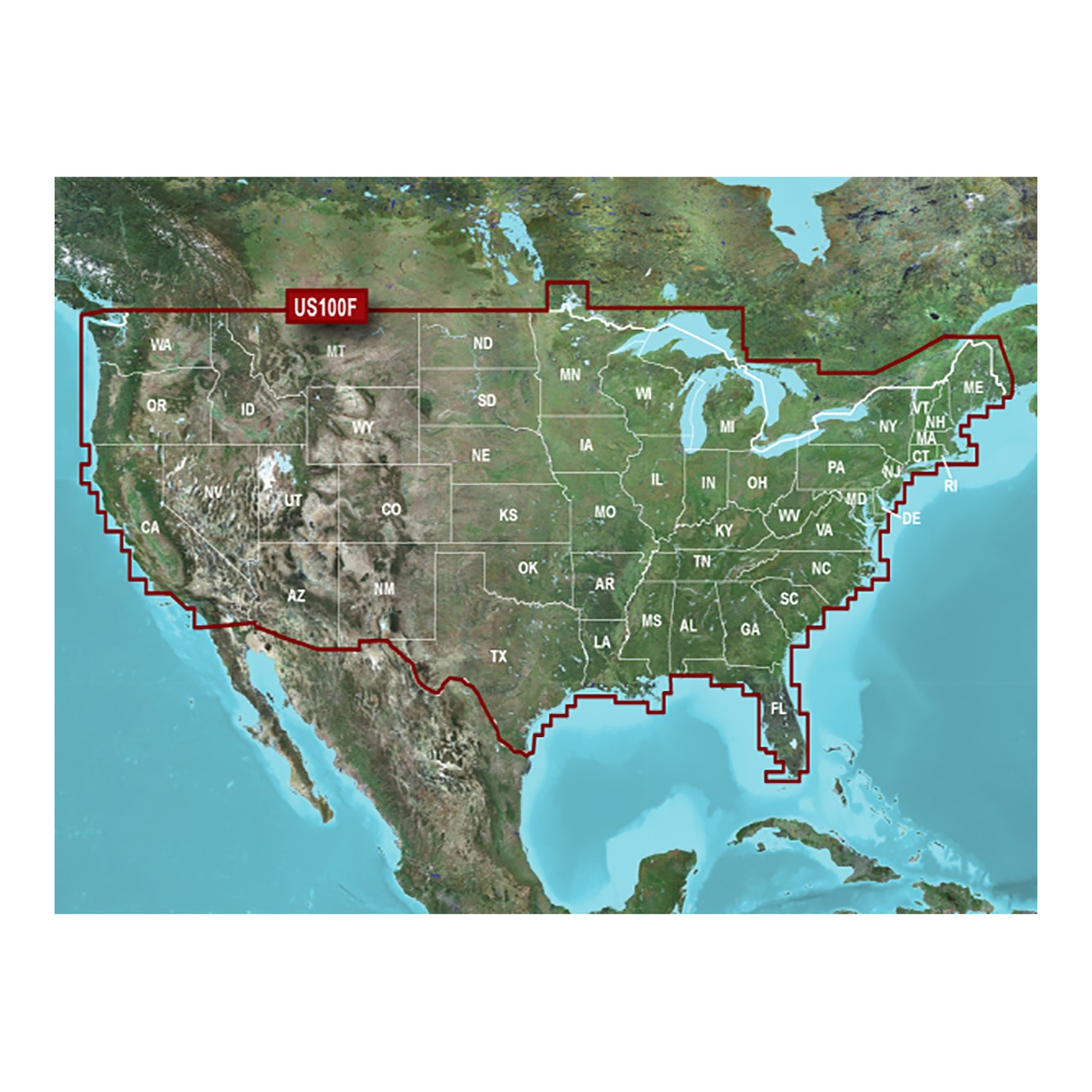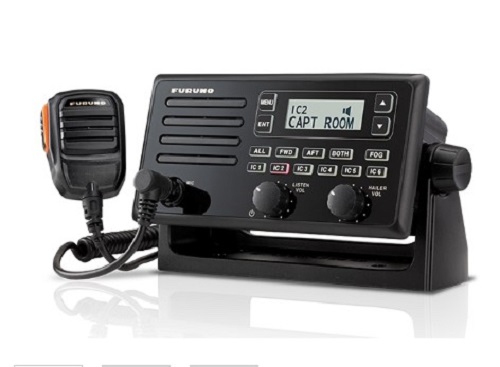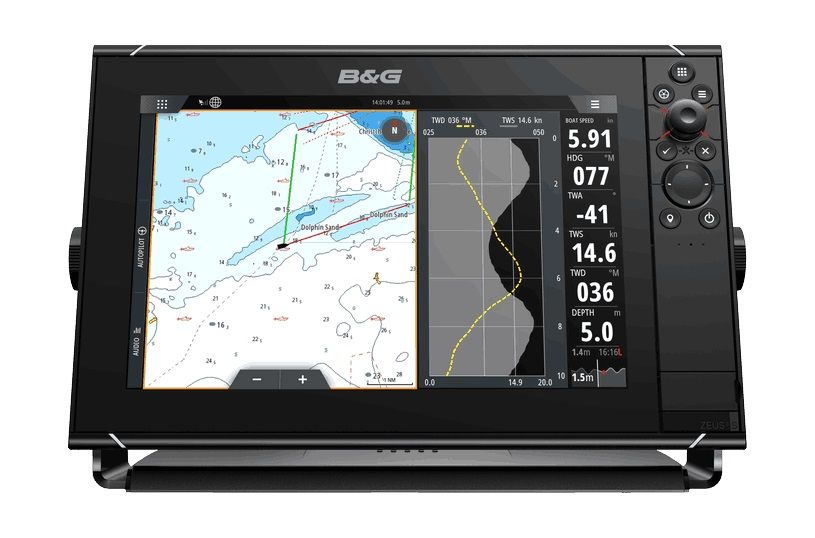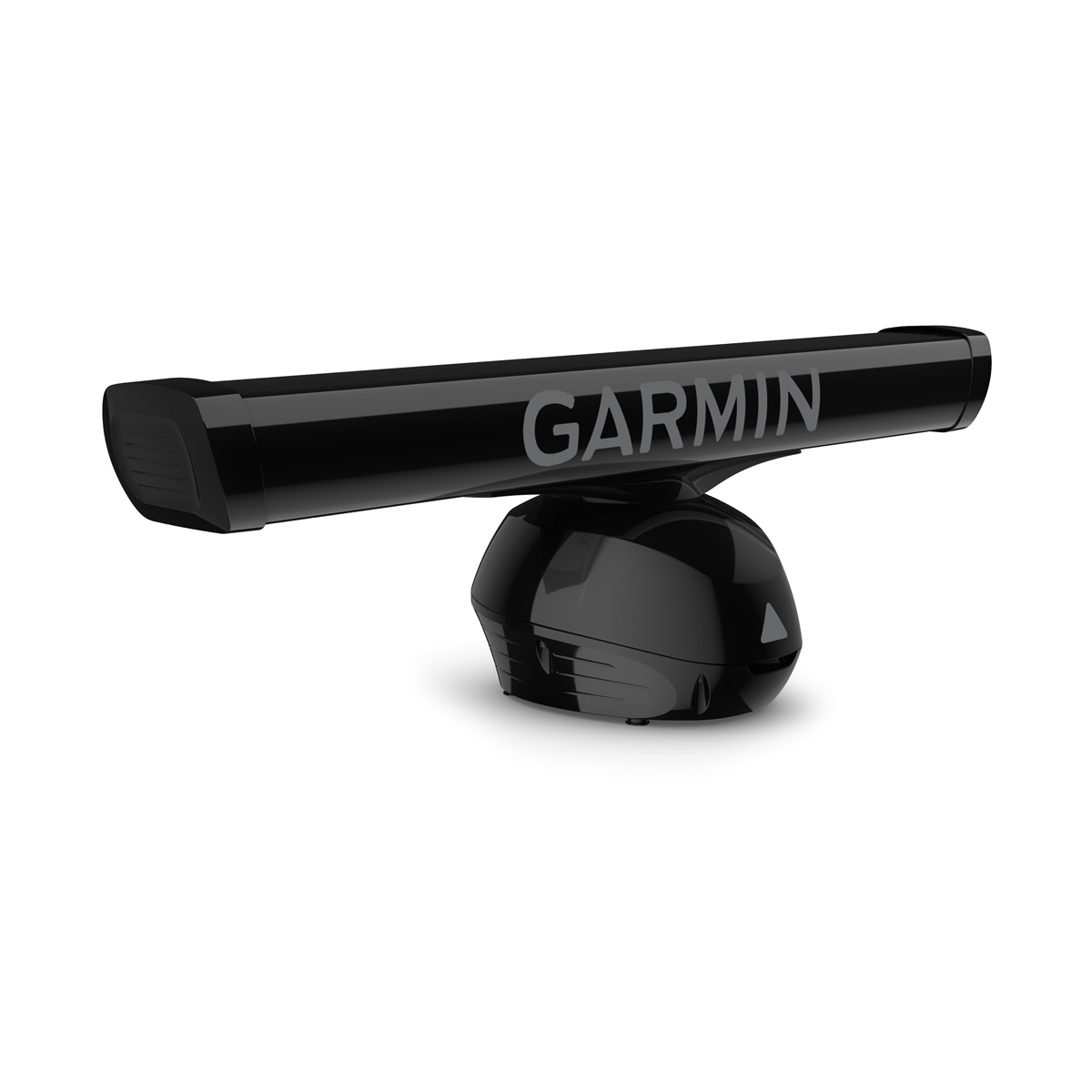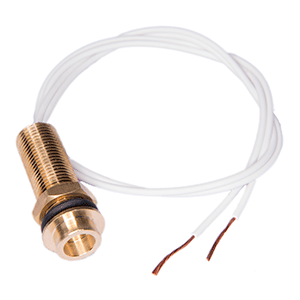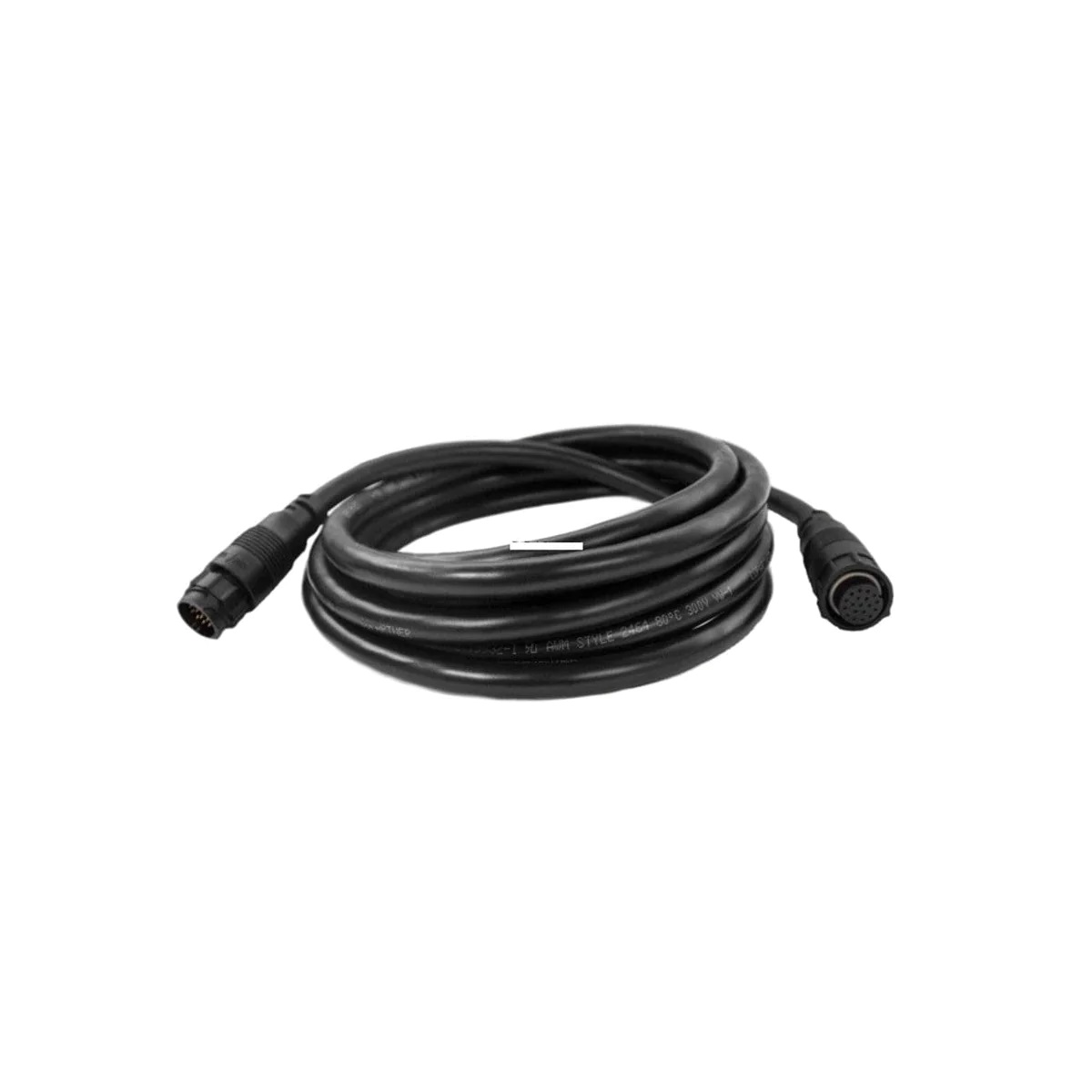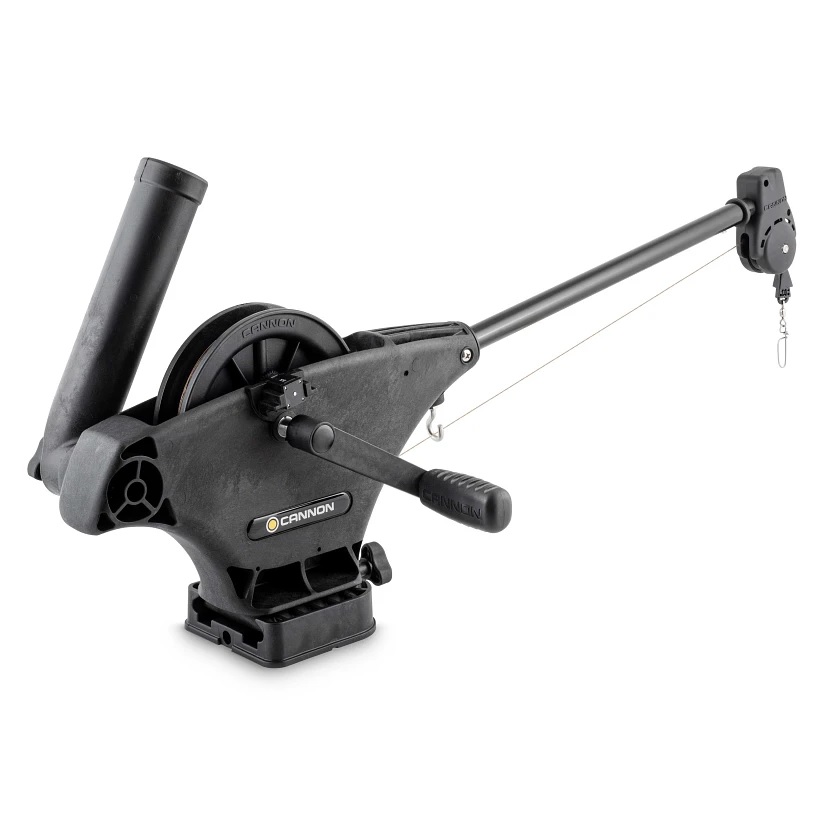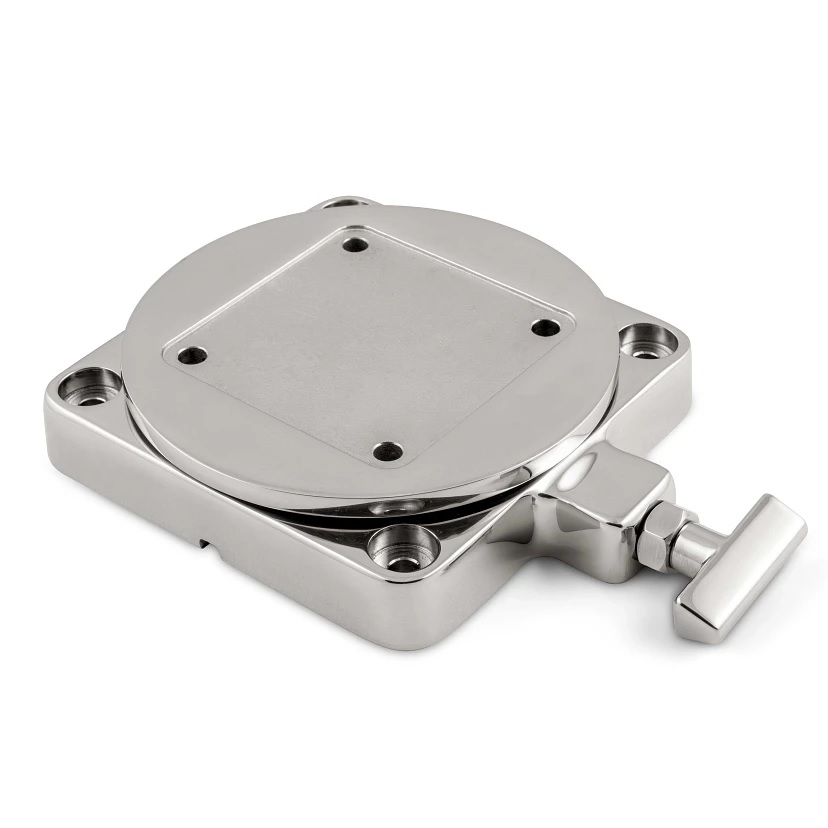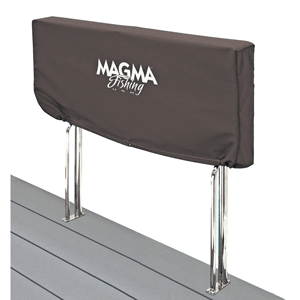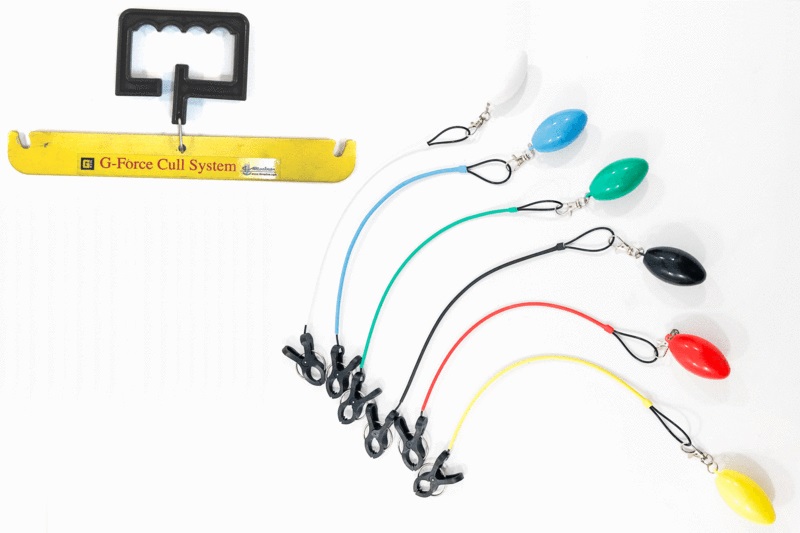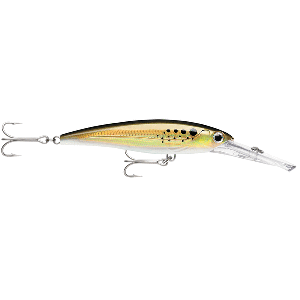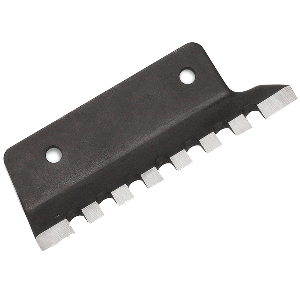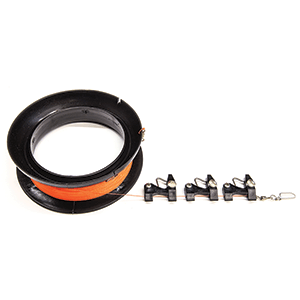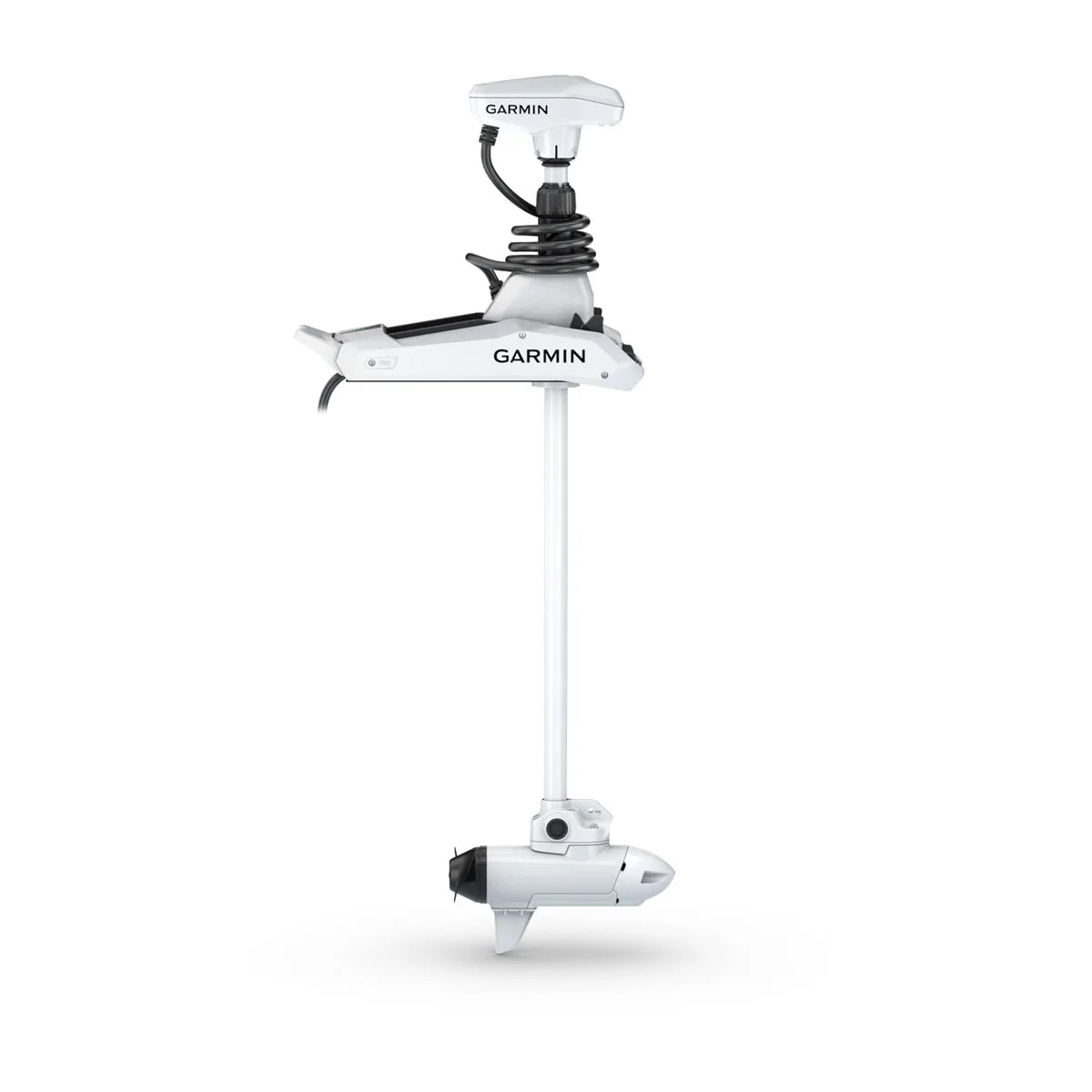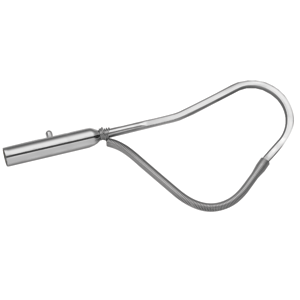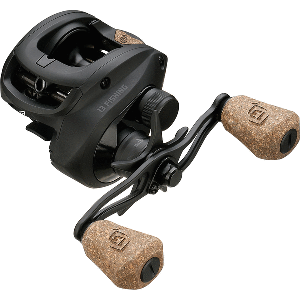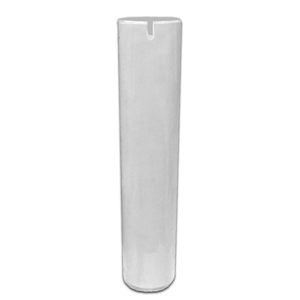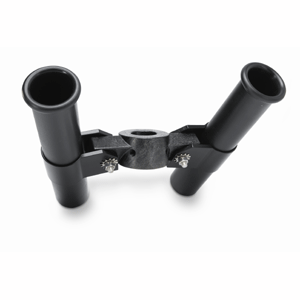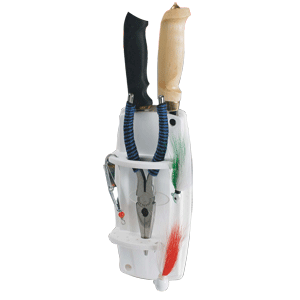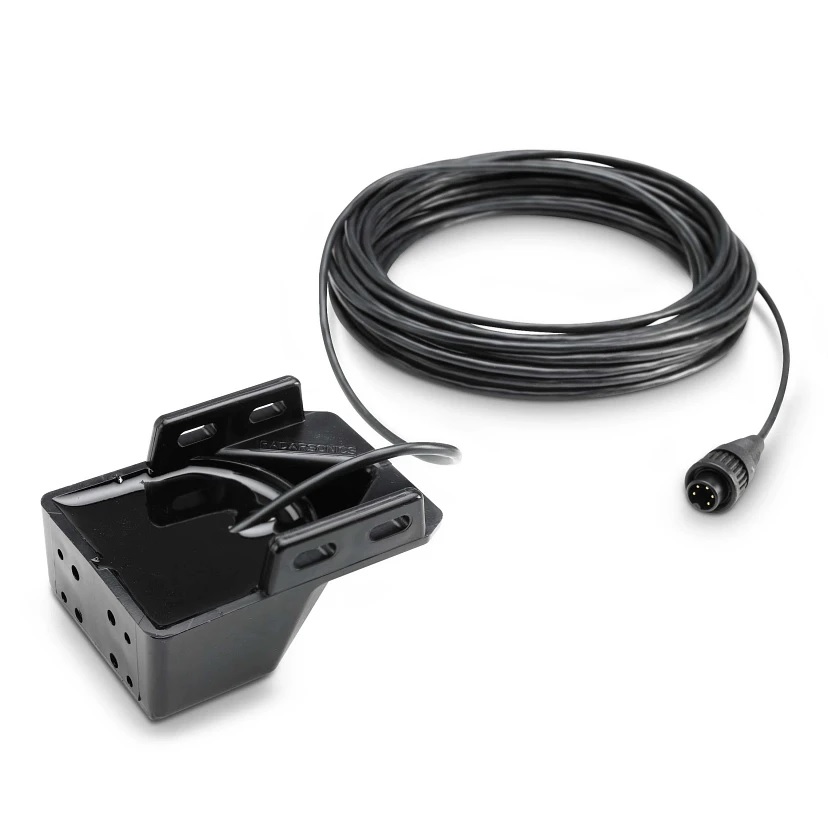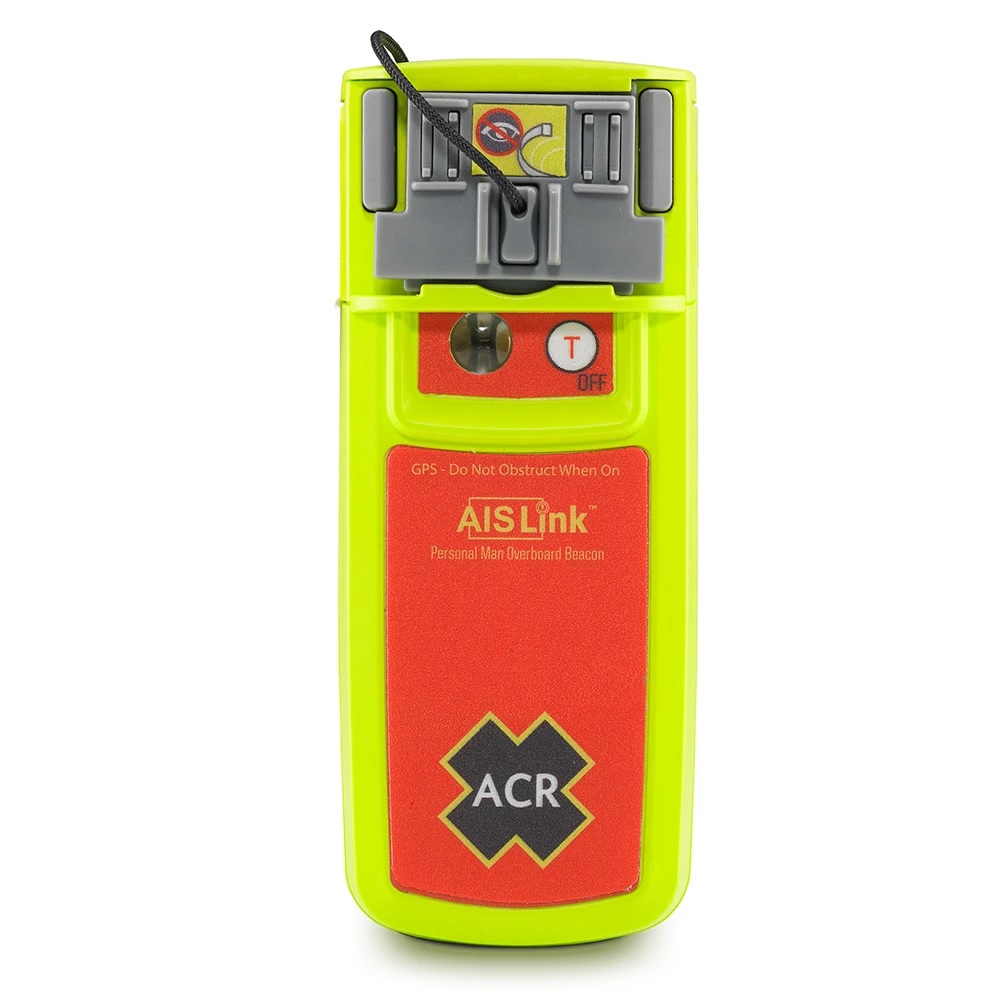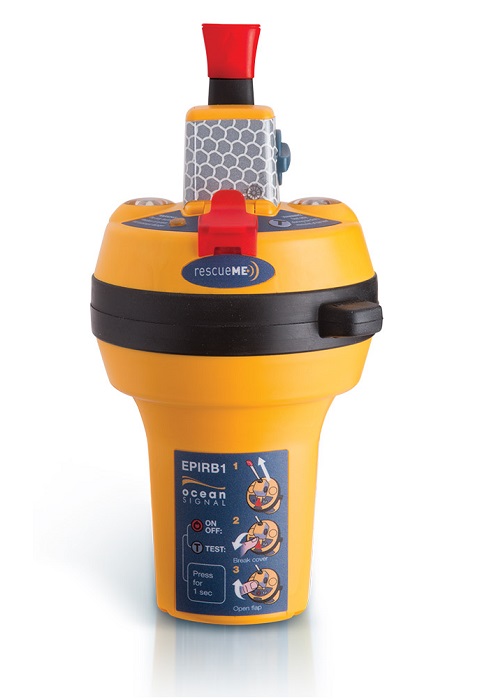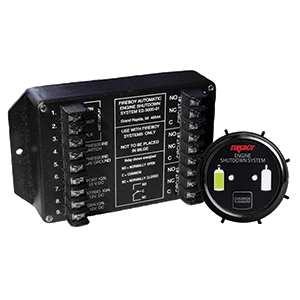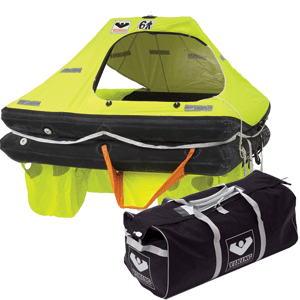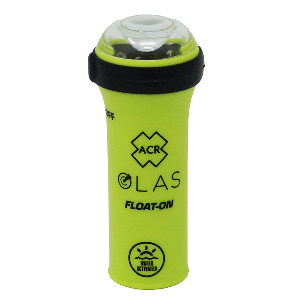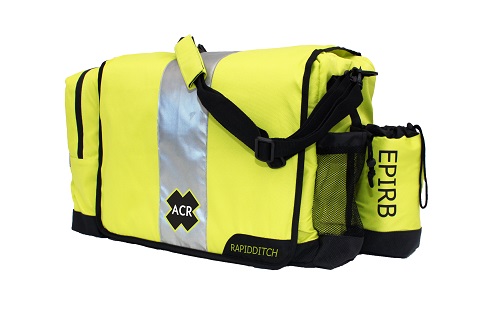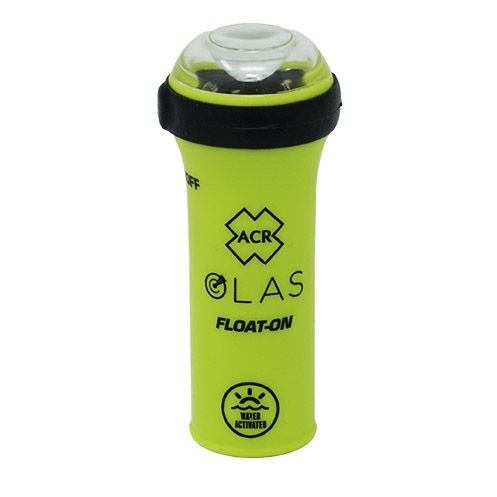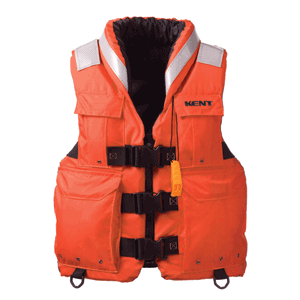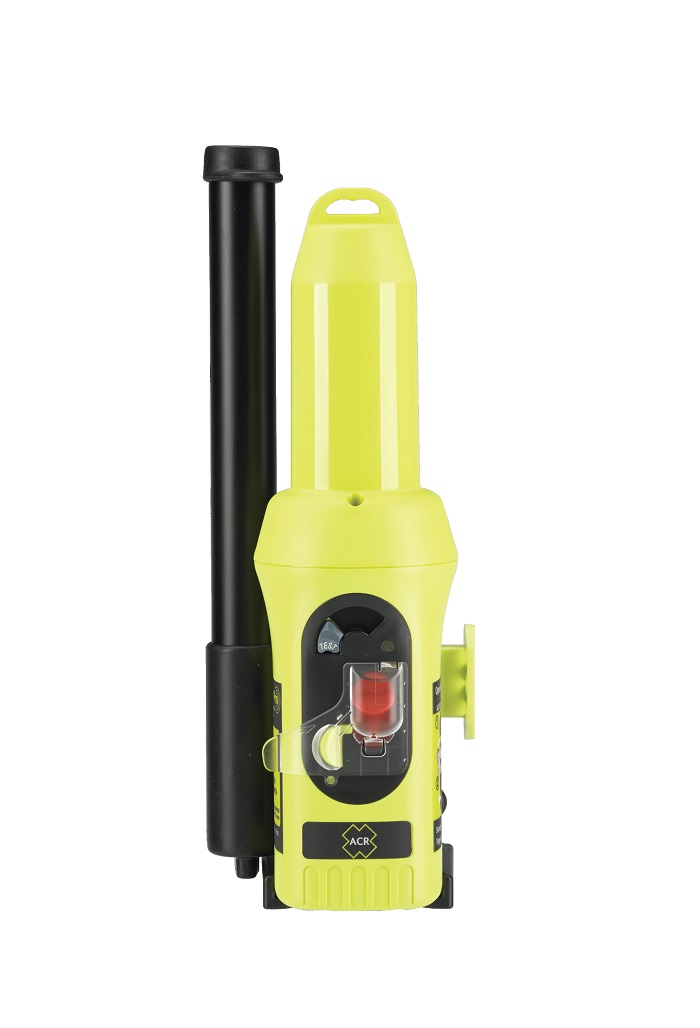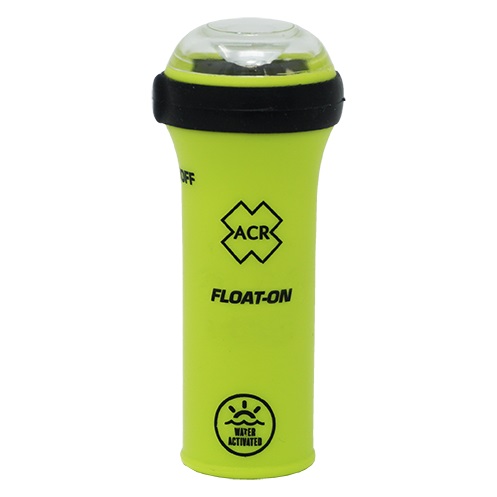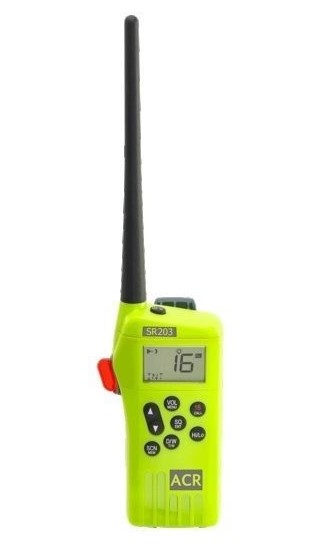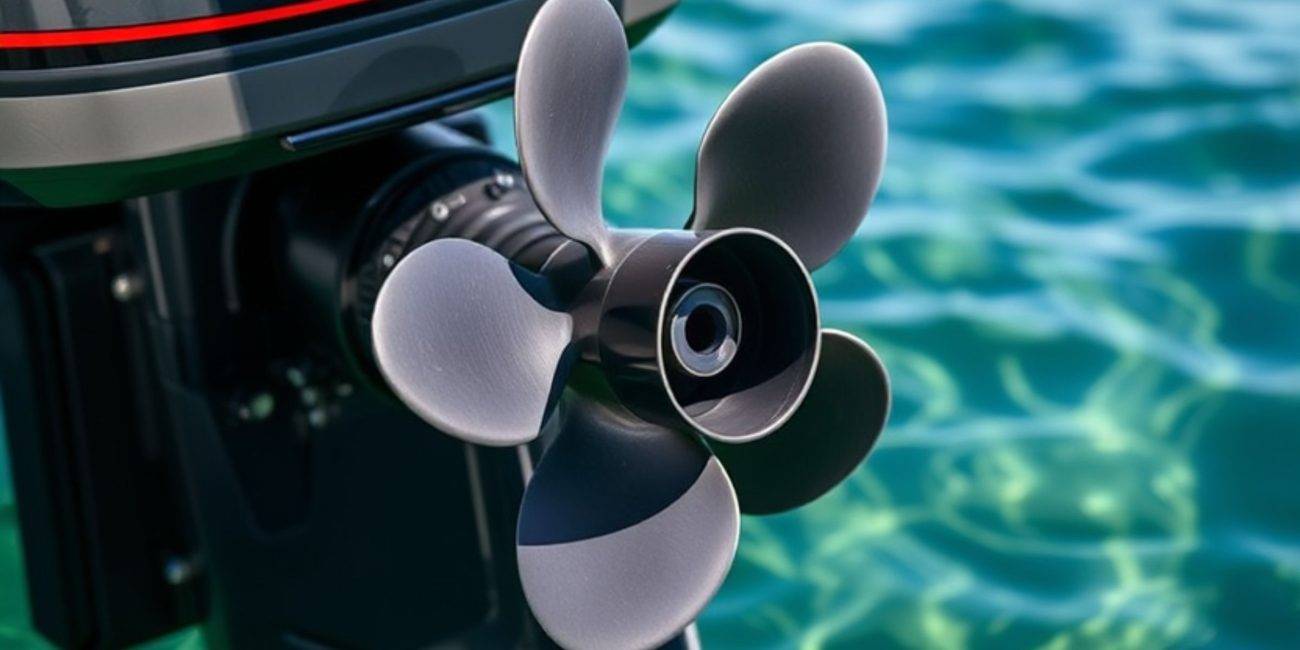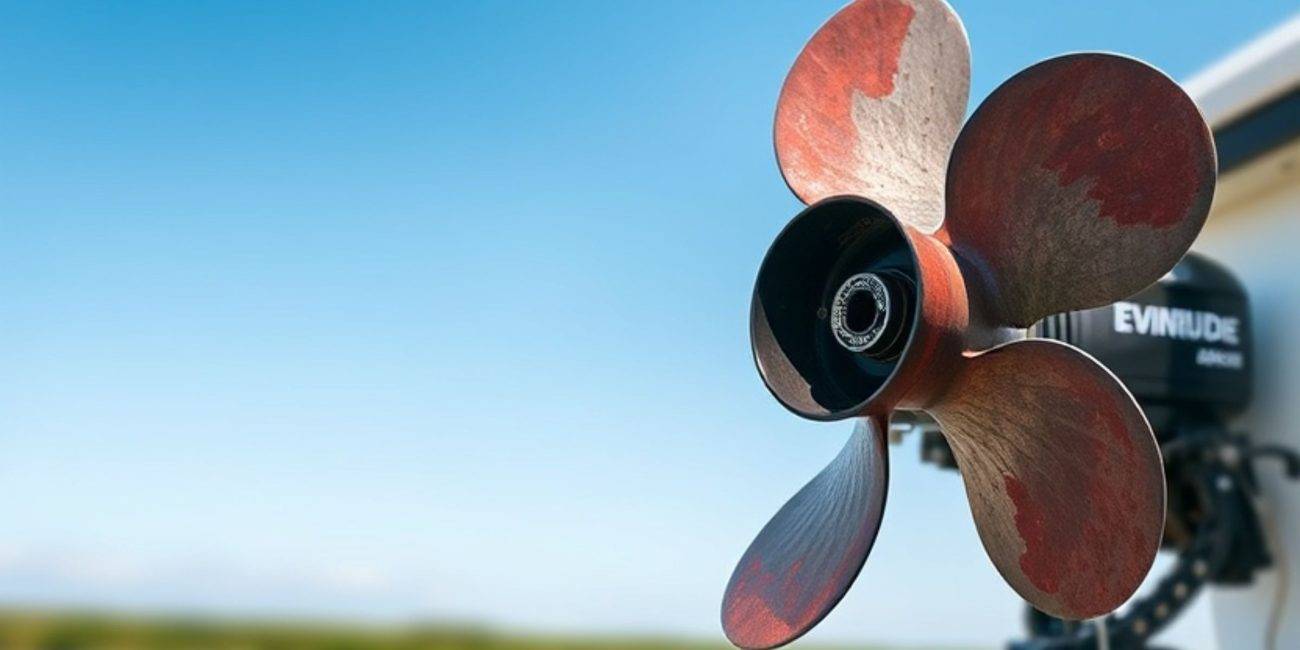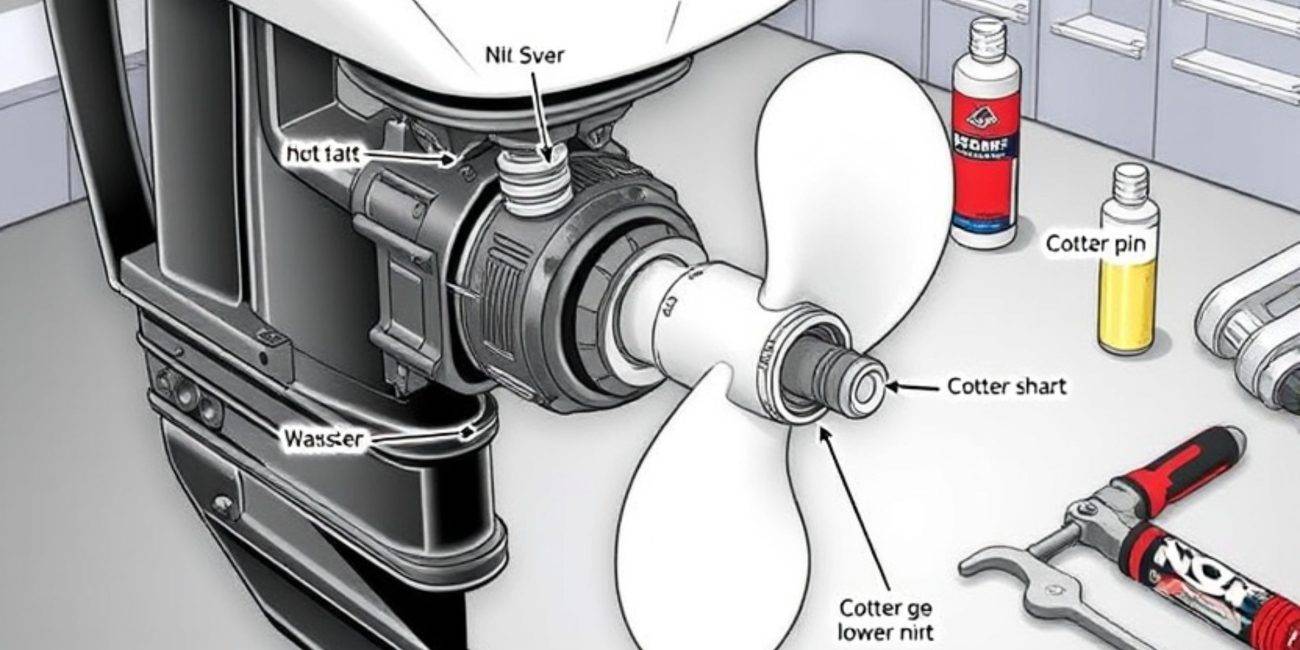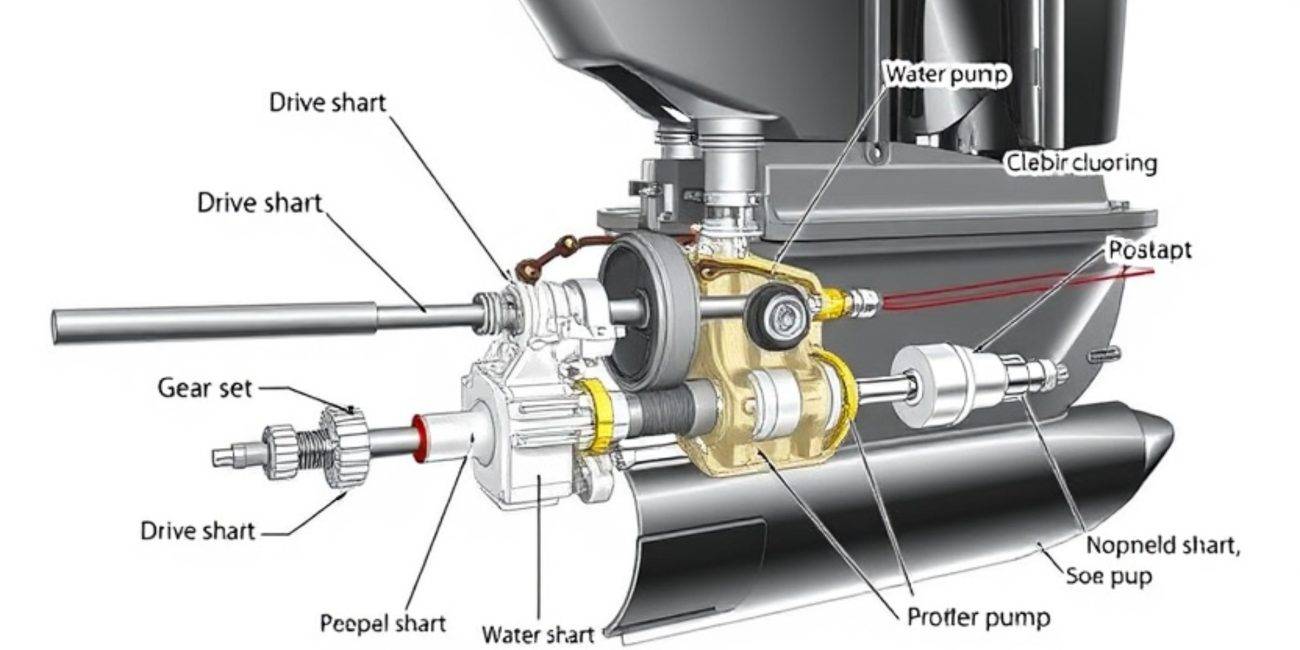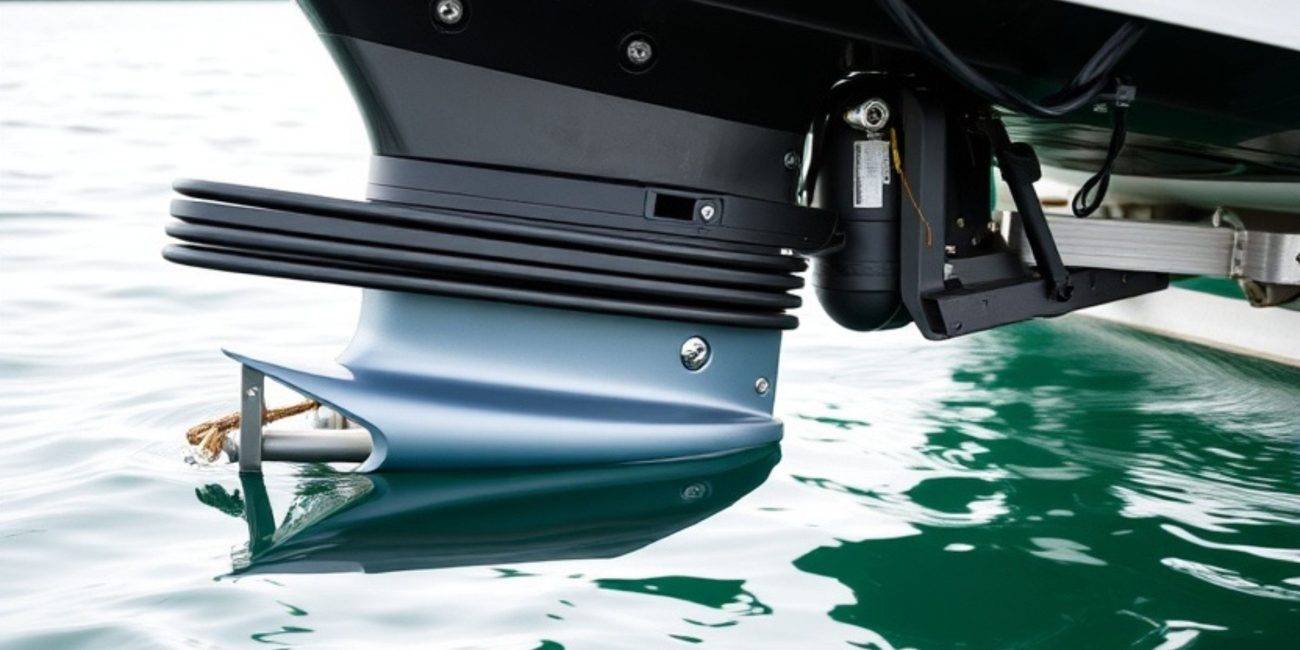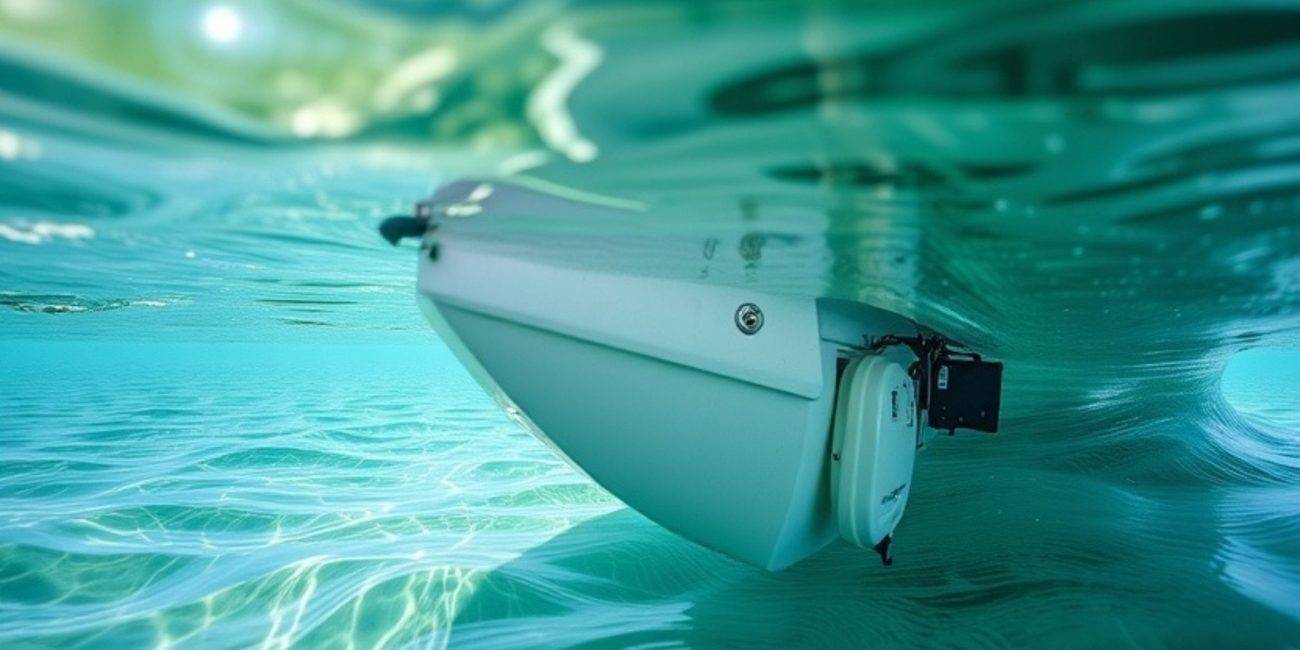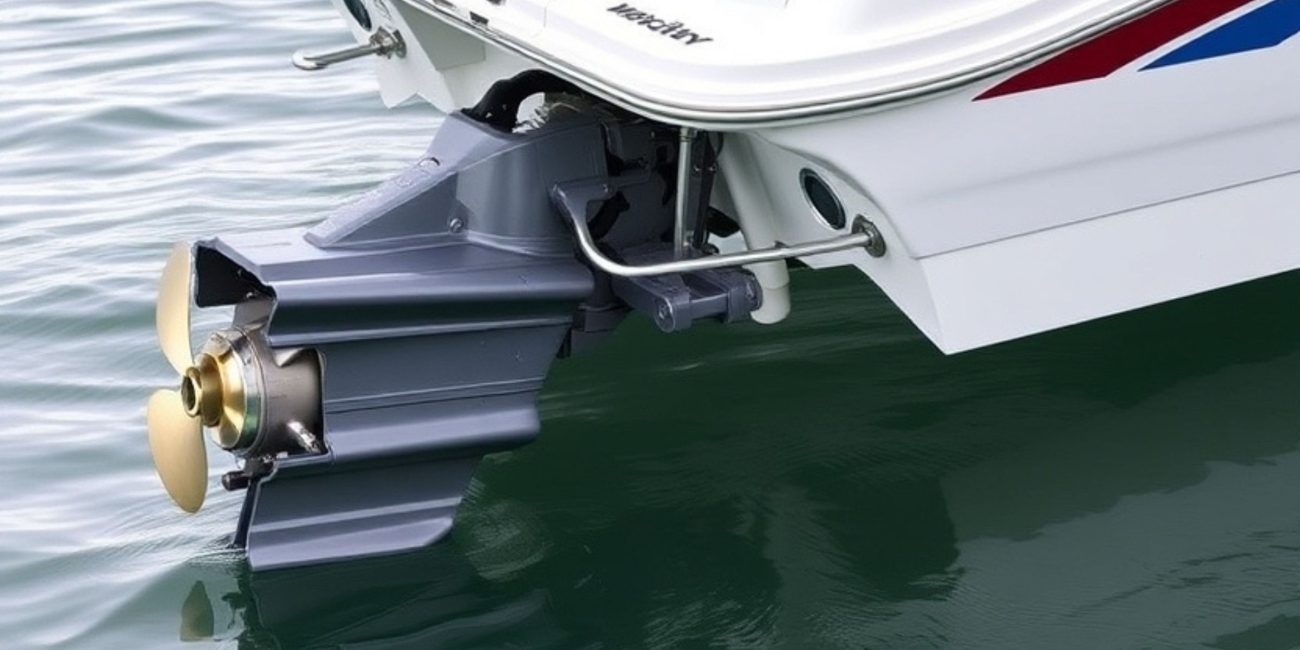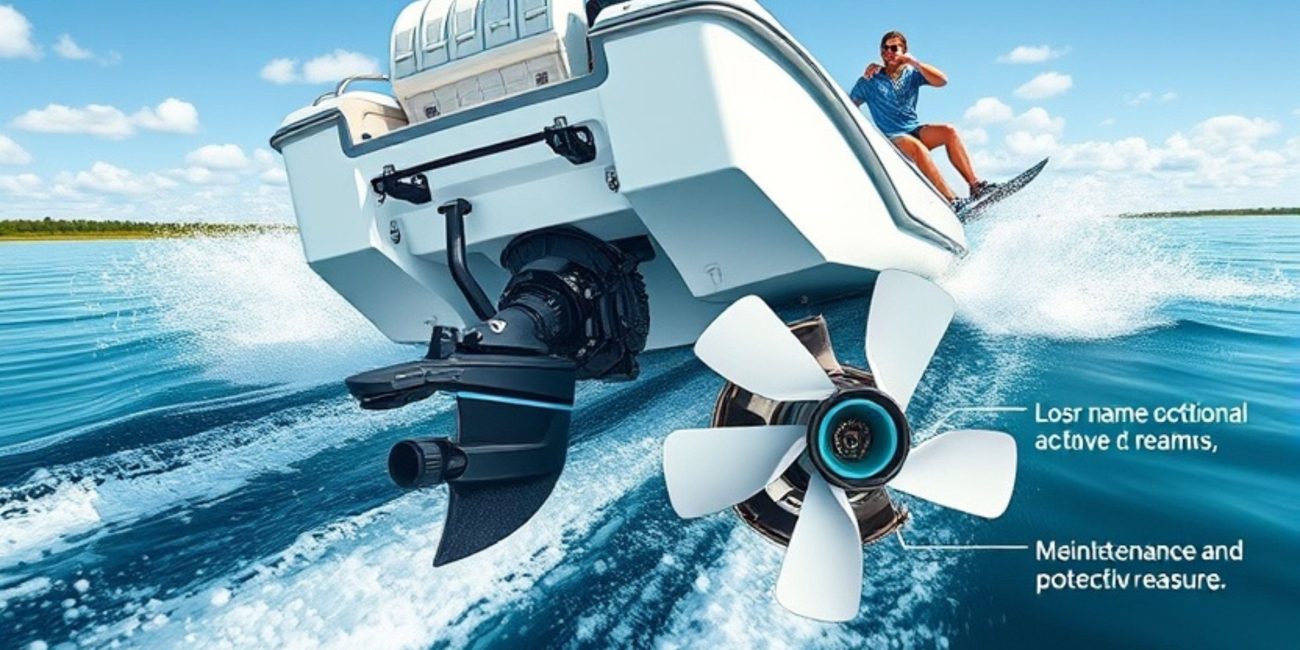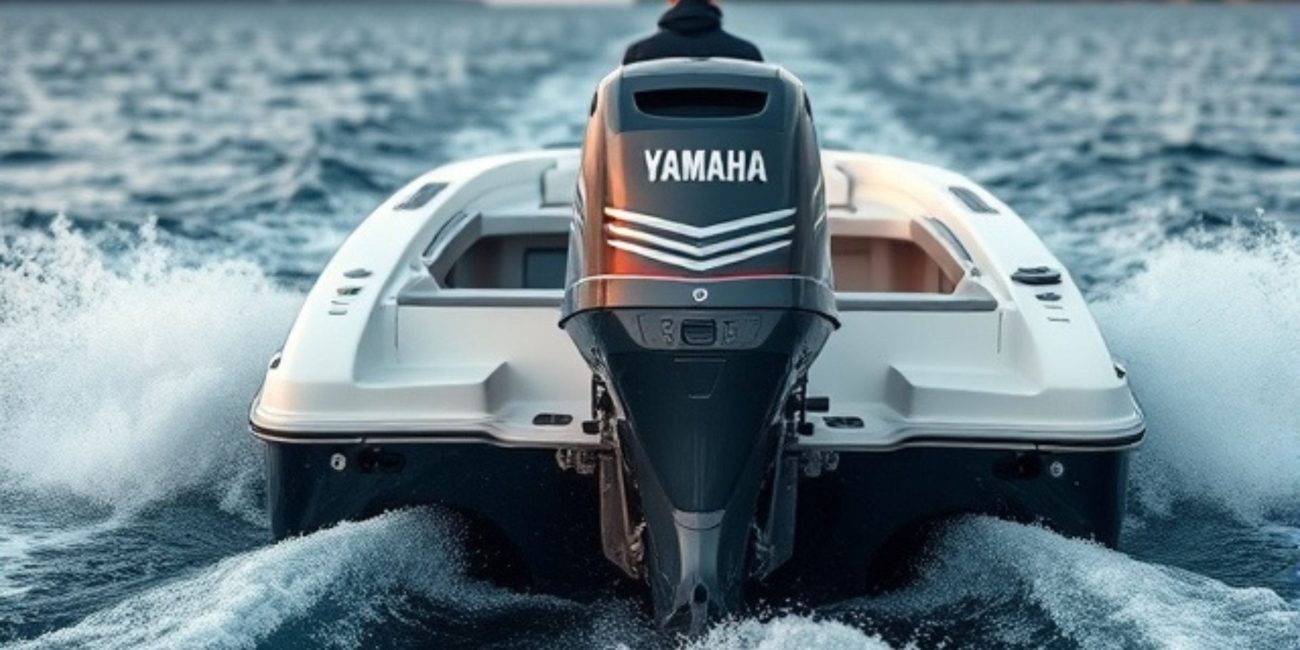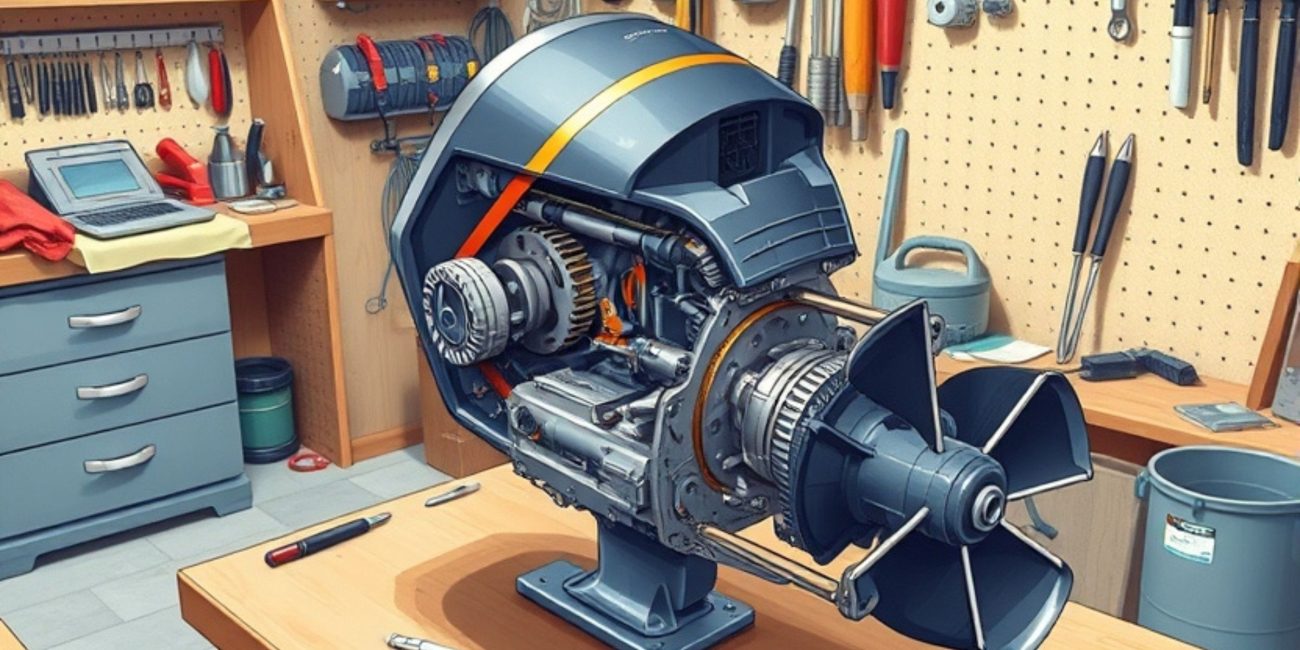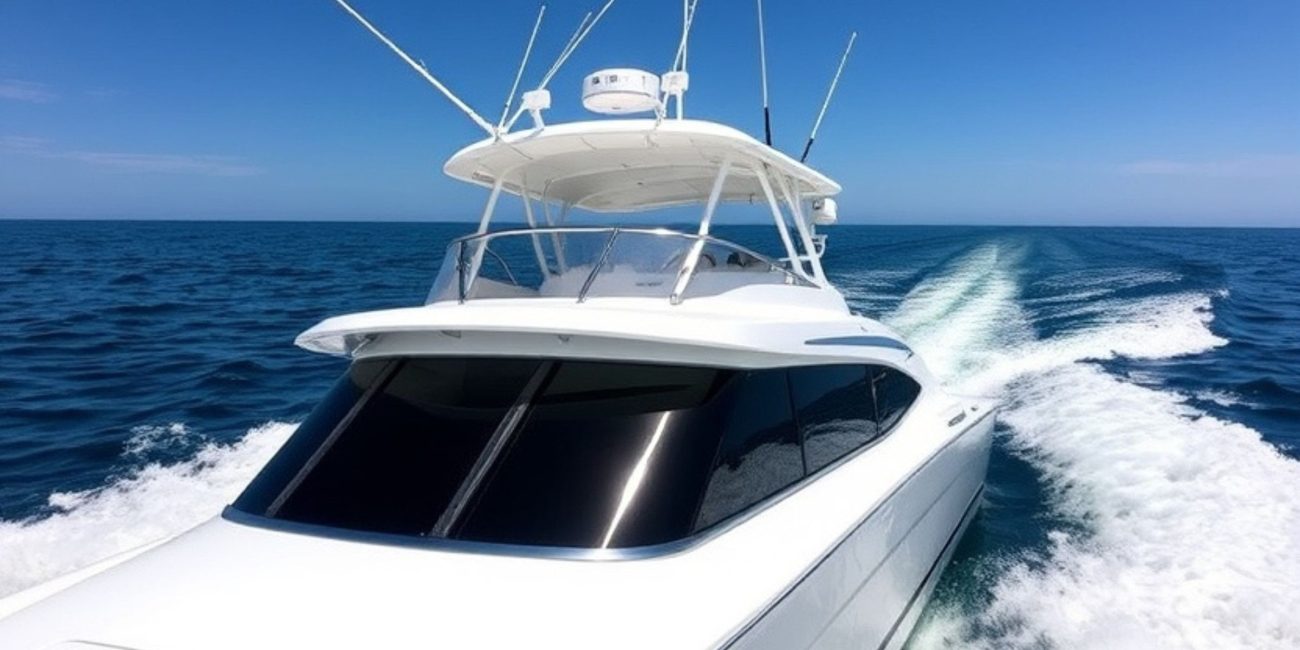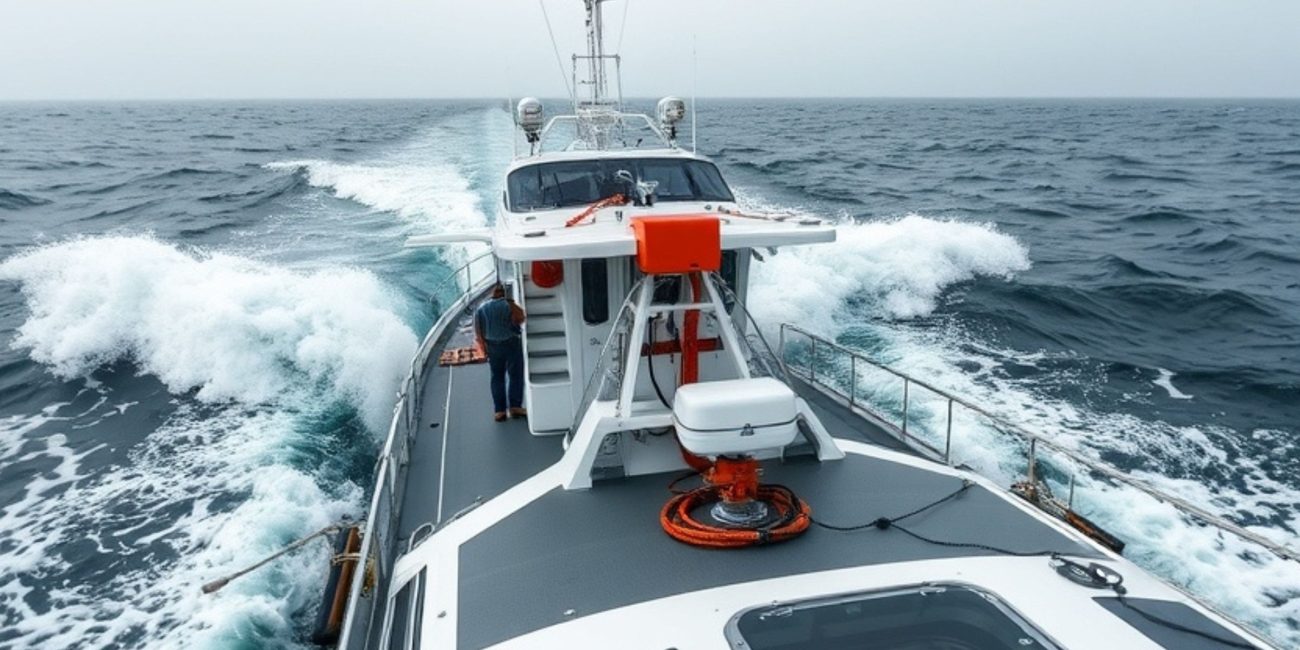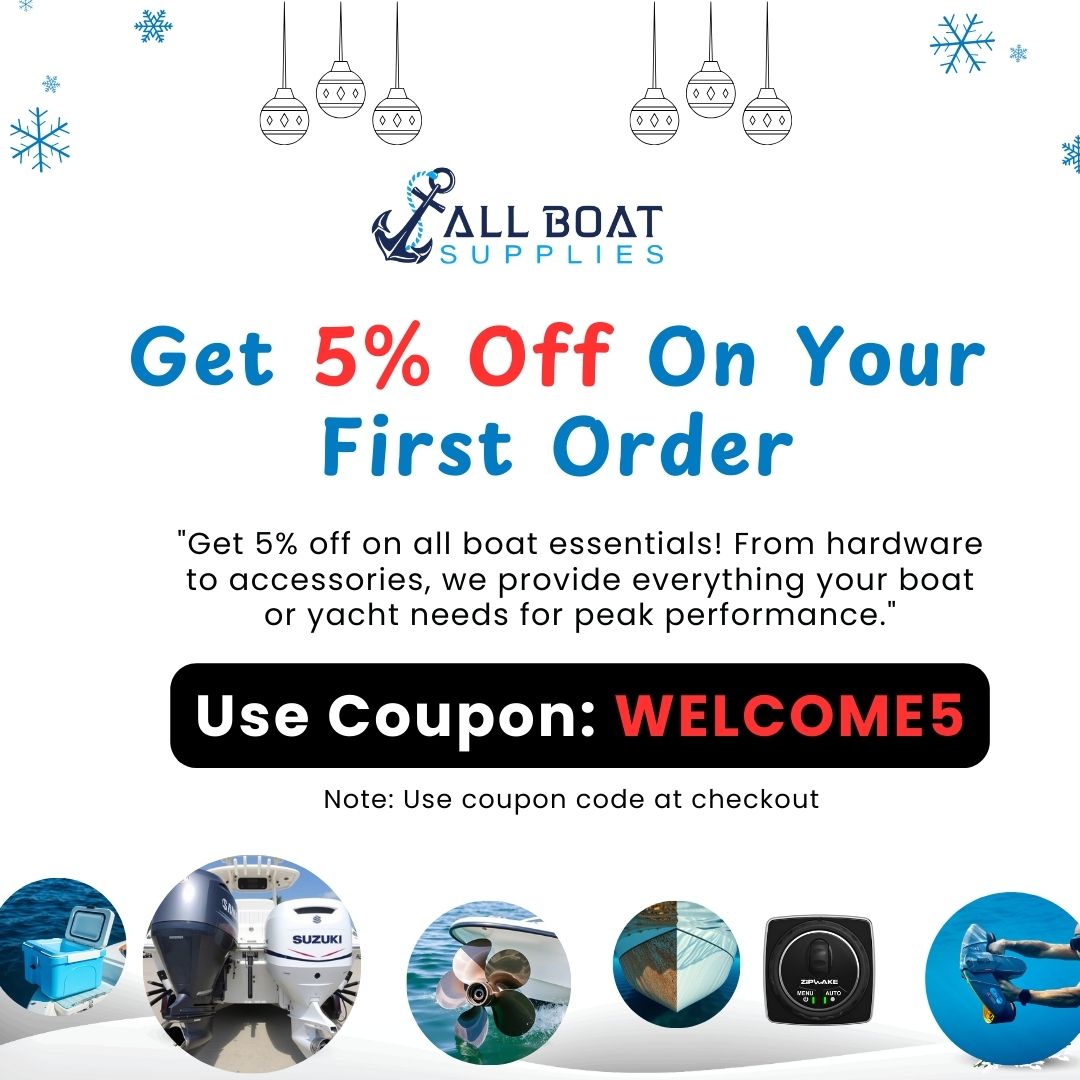Boating at Night Safety Tips and essentials

Boating at Night: Safety and Navigation Tips
Boating at night offers a unique and serene experience, but it requires extra caution and preparation. With limited visibility and potential hazards, understanding how to ensure boating at night safety is critical. From navigation tools to maintaining your outboard lower unit, this guide covers everything you need for safe nighttime boating adventures.
Why Night Boating Requires Extra Precautions
Boating at night is vastly different from daytime trips due to reduced visibility and increased reliance on tools and lighting. Key challenges include:
- Navigating in the dark with limited natural landmarks.
- Spotting hazards like floating debris or shallow waters.
- Maintaining visibility for other boaters.
Proper preparation ensures safety and confidence on the water after sunset.
Essential Safety Gear for Night Boating
1. Navigation Lights
Proper navigation lights are mandatory for nighttime boating. These lights make your boat visible to others and help prevent collisions.
- Red and Green Bow Lights: Indicate the boat’s direction.
- White Stern Light: Ensures visibility from the rear.
- Anchor Light: Required when stationary.
2. Emergency Equipment
Prepare for unexpected situations with:
- A fully stocked first aid kit.
- Flares and sound-producing devices like horns.
- Waterproof flashlights and extra batteries.
3. Life Jackets
Ensure every passenger wears a life jacket that meets safety standards.
Pro Tip: Reflective strips on life jackets improve visibility in the dark.
Preparing Your Boat for Nighttime Adventures
1. Inspect the Outboard Lower Unit
The outboard lower unit is crucial for propulsion and steering. Before heading out:
- Check for any leaks or corrosion.
- Ensure proper lubrication of moving parts.
- Inspect the propeller for damage or debris.
2. Test Your Lights and Electronics
Ensure all lights and electronic systems are functional:
- Check navigation lights, interior lights, and spotlights.
- Test your GPS and marine radio for seamless operation.
- Carry spare bulbs and fuses.
Navigation Tips for Boating at Night
1. Use a Marine GPS System
Marine GPS systems are invaluable for navigating at night. They display your position, routes, and potential hazards.
- Mark waypoints for easier navigation.
- Zoom in on shallow areas or narrow passages.
2. Keep an Eye on the Water
Use spotlights and flashlights to monitor your surroundings:
- Look for floating debris or low-lying obstacles.
- Avoid sudden turns to reduce strain on the outboard lower unit.
3. Follow Navigational Markers
Pay close attention to buoys, markers, and other aids:
- Green markers indicate the right side when heading upstream.
- Red markers indicate the left side.
- Flashing lights on markers guide your path in the dark.
Communication and Weather Monitoring
1. Stay Connected
Maintain communication with others to ensure safety:
- Use VHF radios to contact nearby boats or marinas.
- Inform someone onshore about your trip plan and estimated return time.
2. Monitor Weather Conditions
Weather can change rapidly at night. Use marine weather apps or onboard systems to:
- Check for updates on wind speed and direction.
- Monitor for potential storms or fog.
Common Mistakes to Avoid While Boating at Night
- Ignoring Light Maintenance: Non-functional lights can lead to accidents or fines.
- Overloading the Boat: Reduces stability and increases risk.
- Rushing: Always operate at slower speeds to compensate for reduced visibility.
Real-World Example
A seasoned boater in the Pacific Northwest experienced an unexpected power outage while boating at night. Thanks to a well-maintained outboard lower unit and a backup flashlight, they safely navigated back to shore using manual steering and visual aids.
Conclusion
Boating at night can be a magical experience when approached with the right precautions. By following these boating at night safety tips and maintaining key components like your outboard lower unit, you can ensure safe and enjoyable adventures. Remember to plan ahead, equip your boat with the necessary gear, and navigate with caution.
Read Next: Check out our Fishing from Your Boat: Tips for Beginners for more boating insights.


